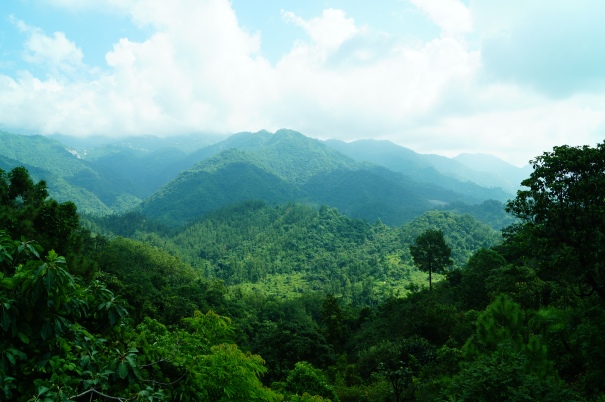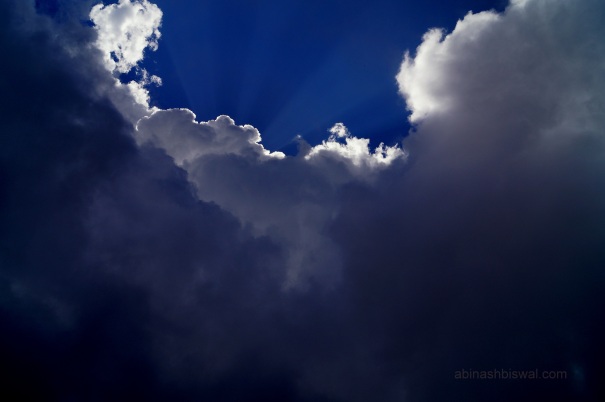Today International day for People with Disabilities is being observed around the world.
Here in India, we also have various events to commemorate the day like every other year but PWDs continue to live in extreme poverty, facing different types of discrimination, poor quality of life and hopelessness.
PWDs in villages are still being mocked and are identified by their impairments. Disability is largely considered a consequence of one’s past life sins or karma instead of being a physical condition and disease. Widespread awareness is still lacking among people who are both educated and denied education.
PWDs are often looked down upon or looked at in a manner that makes them feel worthless. Even when we show compassion and kindness, it is more out of pity rather than the actual intention of helping the person grow. Our behavior is attached with stigma and discrimination and our use of words affects their self-esteem, confidence and faith in themselves. Some even don’t dare to attend public functions in fear of being rejected, mocked or looked down upon or considered as helpless creatures. Many are confined to their homes all their lives.
Although, disability is often a low priority for the government, in the recent years there have been many initiatives taken. In 2013, while I was working in Jharkhand, it was the first year the District Administration was observing Disability Day. This is almost 20 years after IDPWD was declared globally and more than 15 years after the PWD Act 1995 was passed. It is tragic that such a global event had been ignored for so long while there also seems to be a glimmer of hope as the District Disability Rehabilitation Centre was started on that day as well. There are various rights for PWDs outlined in the Act and there are various social welfare schemes initiated by the government but they hardly promote empowerment, wellbeing, and freedom. At the ground level, the initiatives by the government are limited to disability pension of Rs 600/- p/m. In addition to the fact that the amount barely provides for basic needs, it is very irregular. Pensions are received once in 6 months or sometimes once a year. Even when they receive the amount, it is used to meet family expenditures making it close to impossible to have a decent quality of life dependent on the pension.
A few other initiatives by the government include the provision of assistive devices like wheelchairs and tricycles for PWDs (but not all) with restricted movements. These events are rare and when these equipments are given, they are of very poor quality and often do not last long. When a few PWDs actually utilize them, their movements are still restricted as the rural infrastructure such as roads, houses, toilets are inaccessible.
Apart from this, in order to avail any government benefits, PWDs are required to have disability certificates. Unfortunately, by 2012 when my colleagues in EHA had started working in the area in Jharkhand, very few had disability certificates in the region. Around 80 – 90 percent of PWDs were not registered or given certificates. The certification is a lengthy process which requires multiple visits to the district headquarters. It is both time consuming and a financial burden. Caregivers or family members who are dependent on daily wages find it especially difficult to get the work done. Even this disability certification process is not exempt from corruption. People with lesser impairments sometimes pay and get higher than 40% percentage of disability in order to access government schemes easily. On the other hand, there have been instances where people could not pay and have got lower percentages of Disability during certification.
As stated above, there are many challenges and barriers to a better quality of life such as social, financial, institutional and infrastructural.
There are hardly any government initiatives that focus on capacity building, skill development, education and empowerment of PWDs. Skill development programs which are functioning are more of a hype rather than doing any sustainable good.
It is 26 years since the first human development report was published by UN based on the capability approach. The government should focus more on building capacities, providing opportunities and an environment to utilize their skills, disable friendly technologies and accessible markets. Moreover, to create a community and society which is open, educated enough and inclusive in order to provide an enriching environment which is necessary for better quality of life.
However, it is not all hopeless. In the recent years, many Non-Governmental 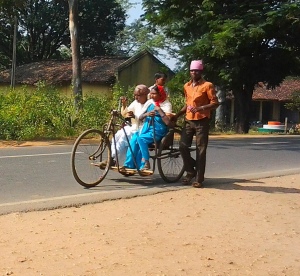 Organizations have come up to work in this area of disability, focusing on the right based and empowerment approach. In rural areas a few well informed NGOs are trying to strengthen the rural institutions and helping in forming disability people groups in order to work for their rights. The Government is also increasingly coming up with policies but the implementation is still dependent upon the mercies of the officials.
Organizations have come up to work in this area of disability, focusing on the right based and empowerment approach. In rural areas a few well informed NGOs are trying to strengthen the rural institutions and helping in forming disability people groups in order to work for their rights. The Government is also increasingly coming up with policies but the implementation is still dependent upon the mercies of the officials.
Hope is raising, change is happening but the question is can we be satisfied with this? Satisfied by the disguised notion that things are changing? If we are satisfied with the way things are changing, we are doing injustice by denying their rights. We need to be impatient, because the way things are changing, by the time we ensure an equal society and wellbeing for all, millions of lives would have been lost without education, quality of life, wellbeing, freedom and even without having to dream.
As the popular quote from Nehru’s speech on the eve of India’s Independence goes, “At the stroke of the midnight hour, when the world sleeps, India will awake to life and freedom”. I wonder we are still waiting for that stroke which will bring with it life and freedom to other relevant aspects of our lives.
Let’s observe the International Day for People with Disabilities as a reminder that a lot is still to be done much more than what we have achieved so far.
Love
Abinash
P.S. Contributed by Rachel





































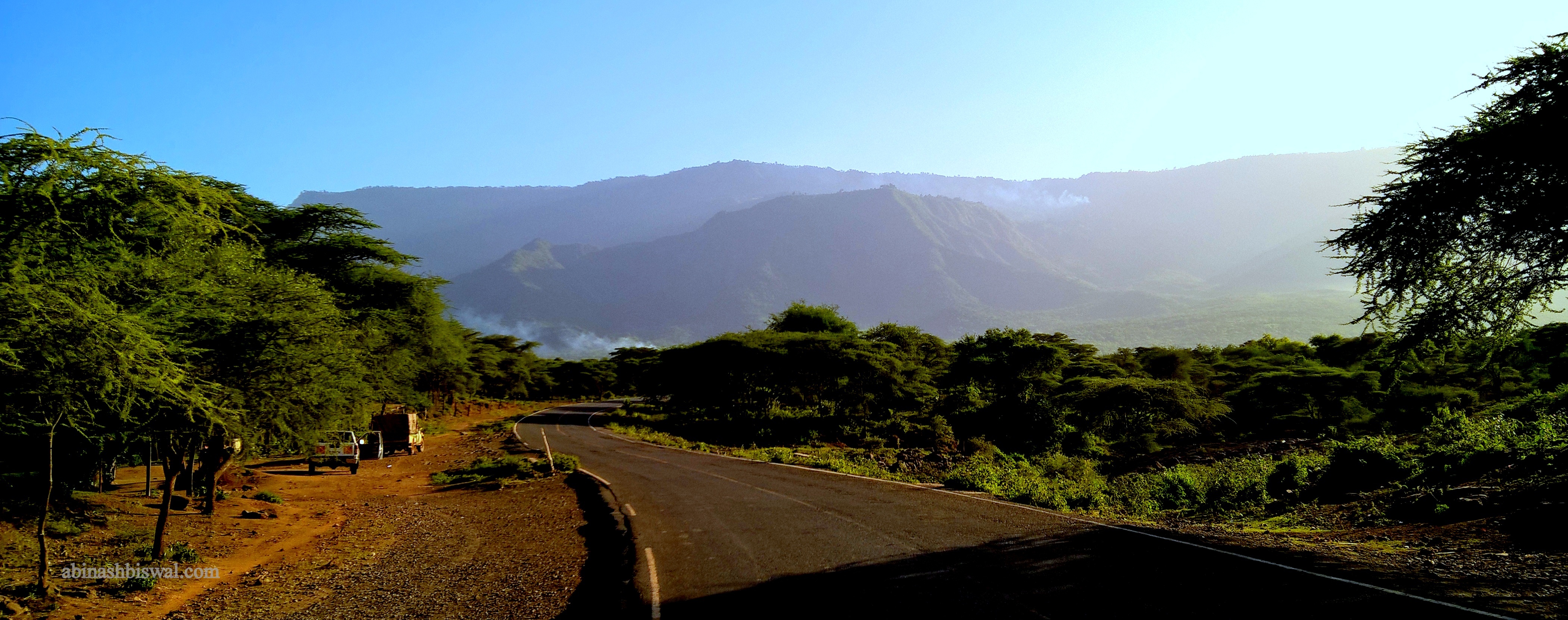




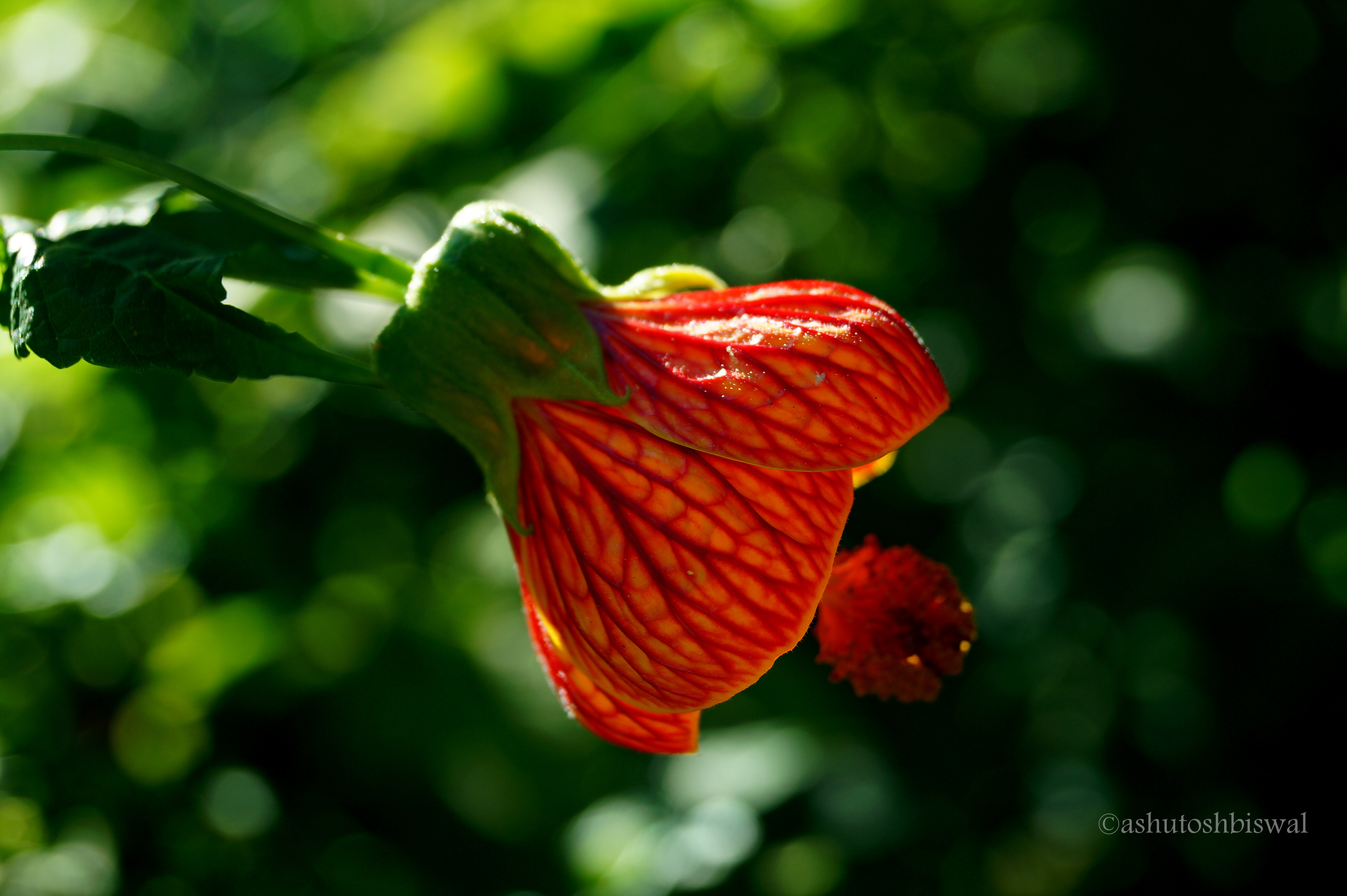
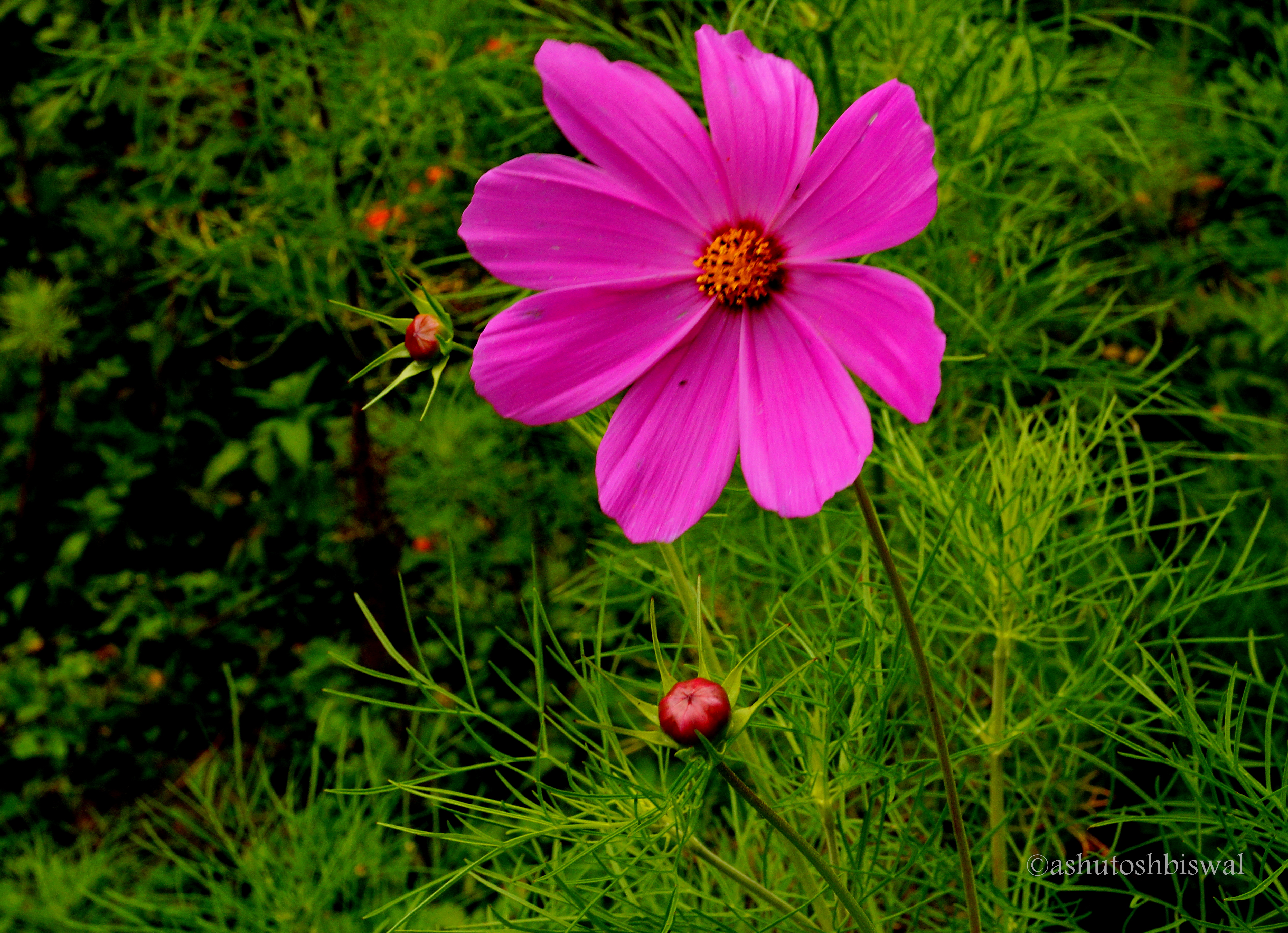

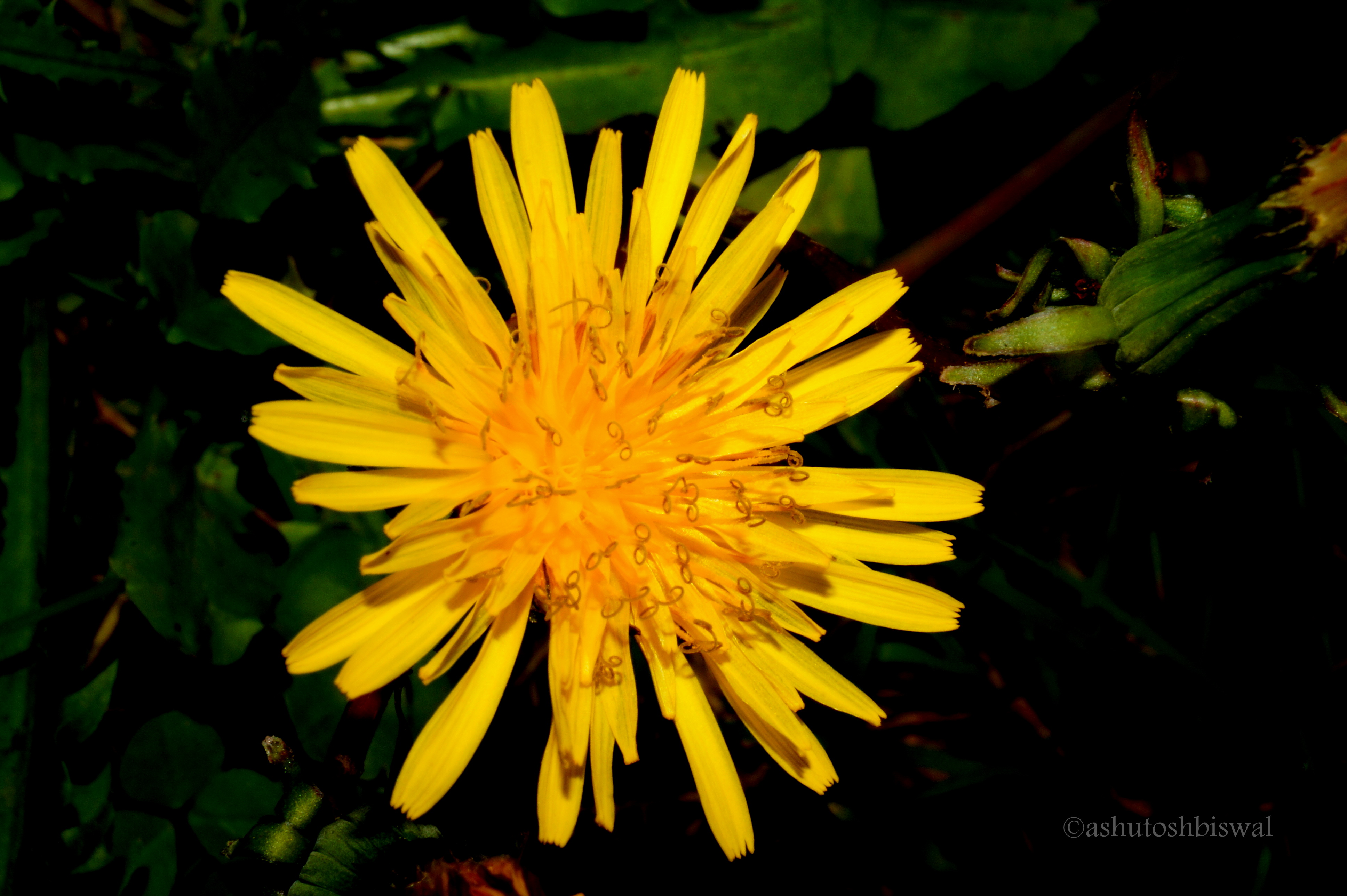

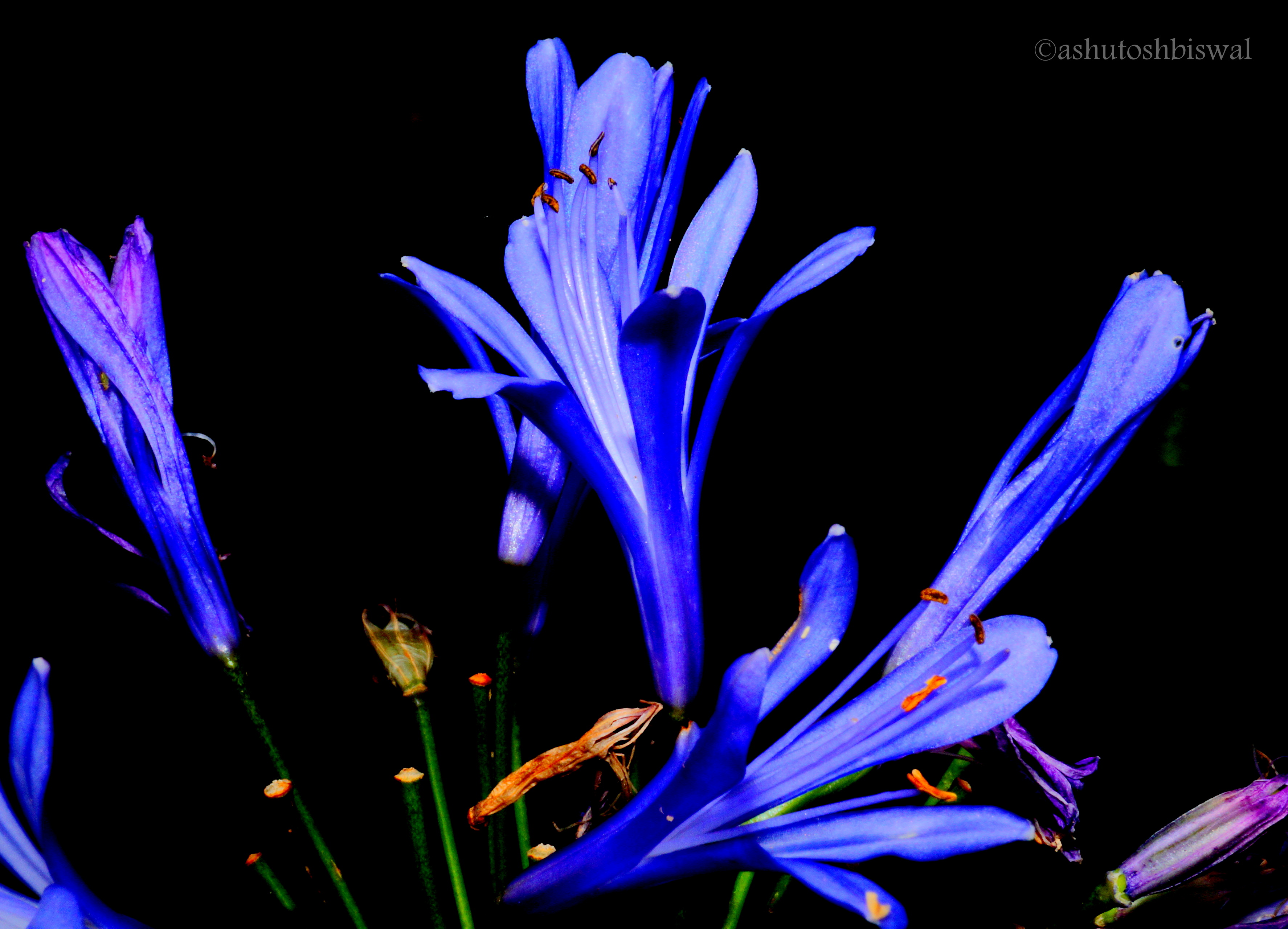
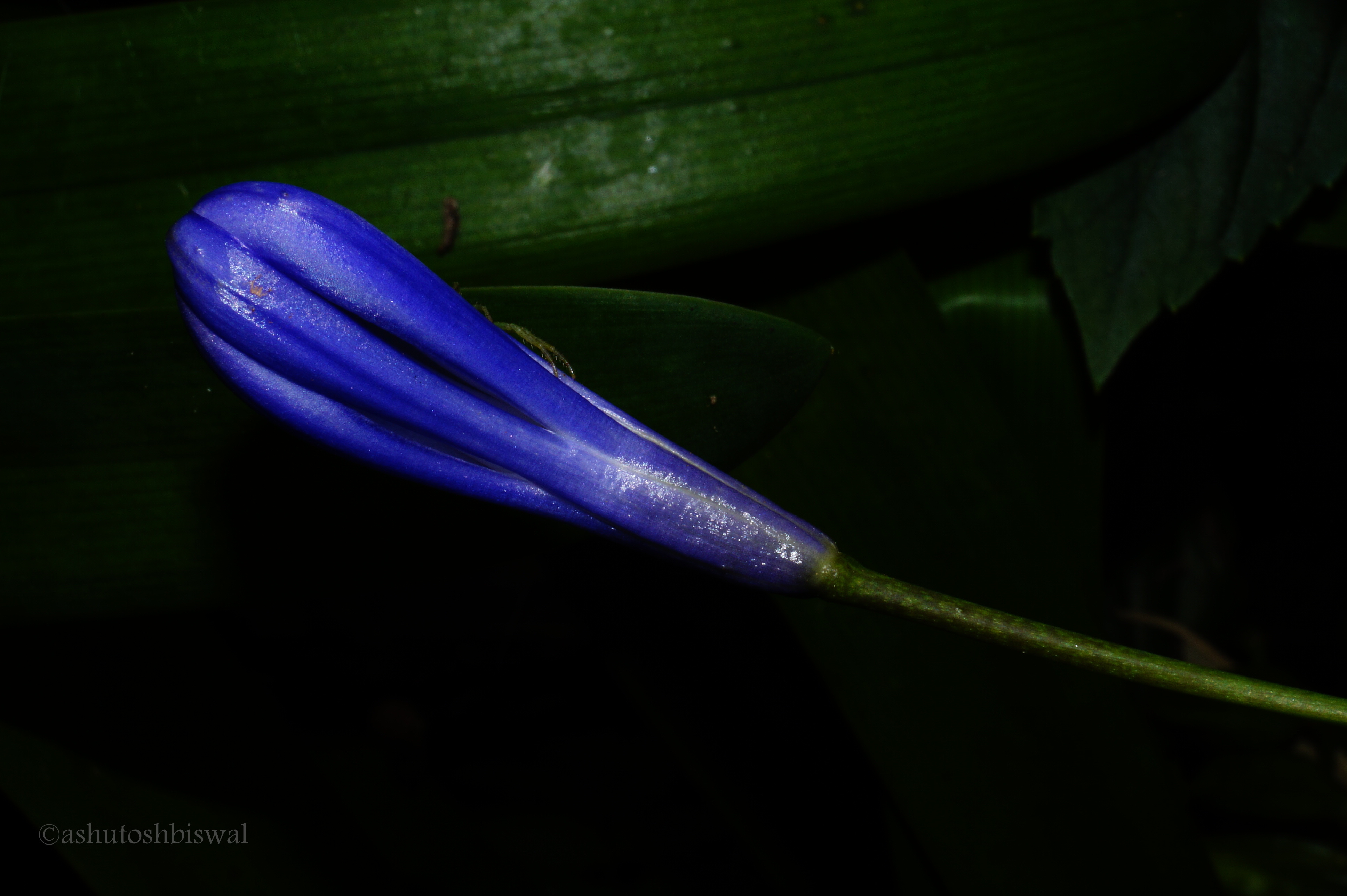
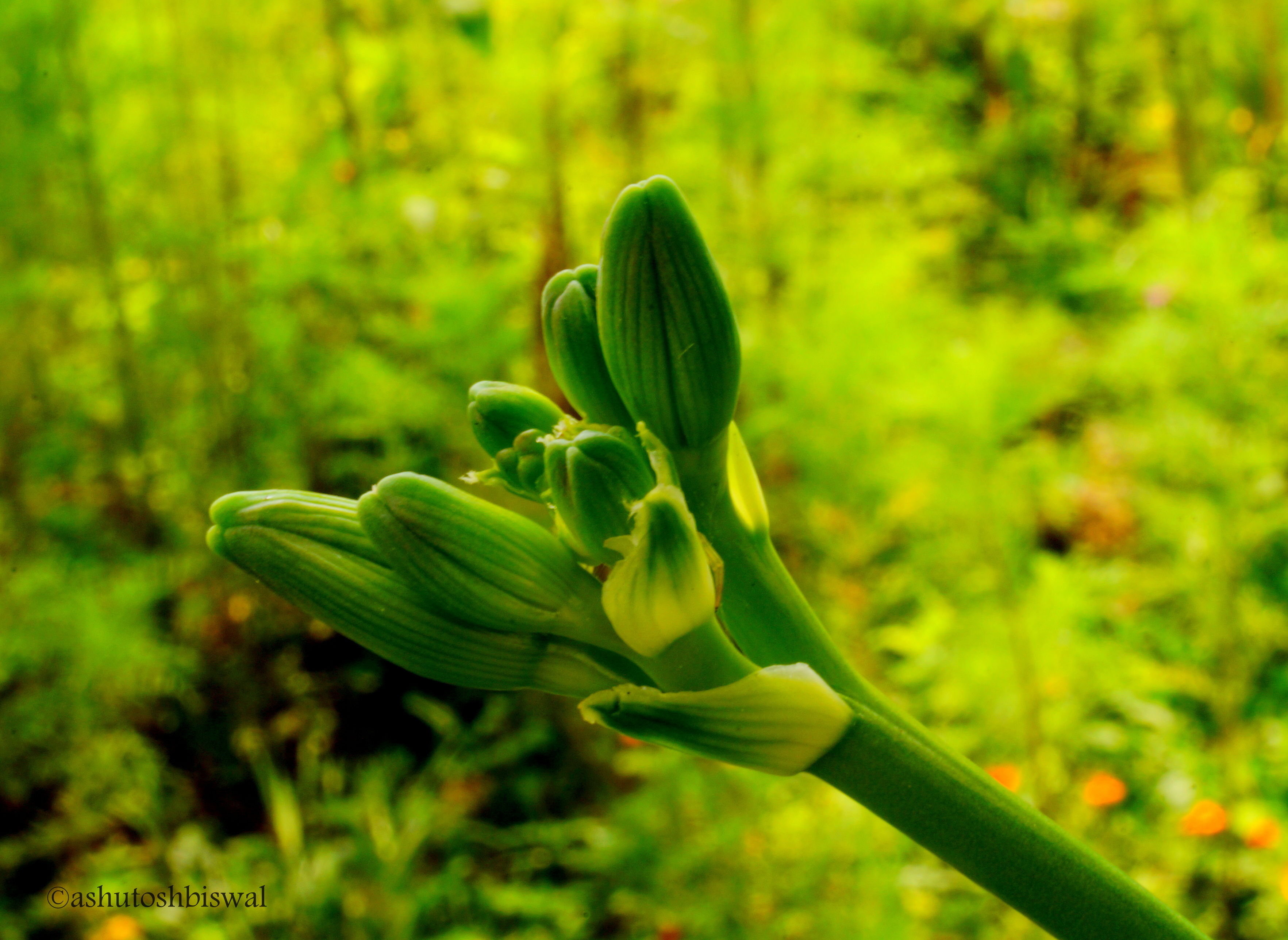

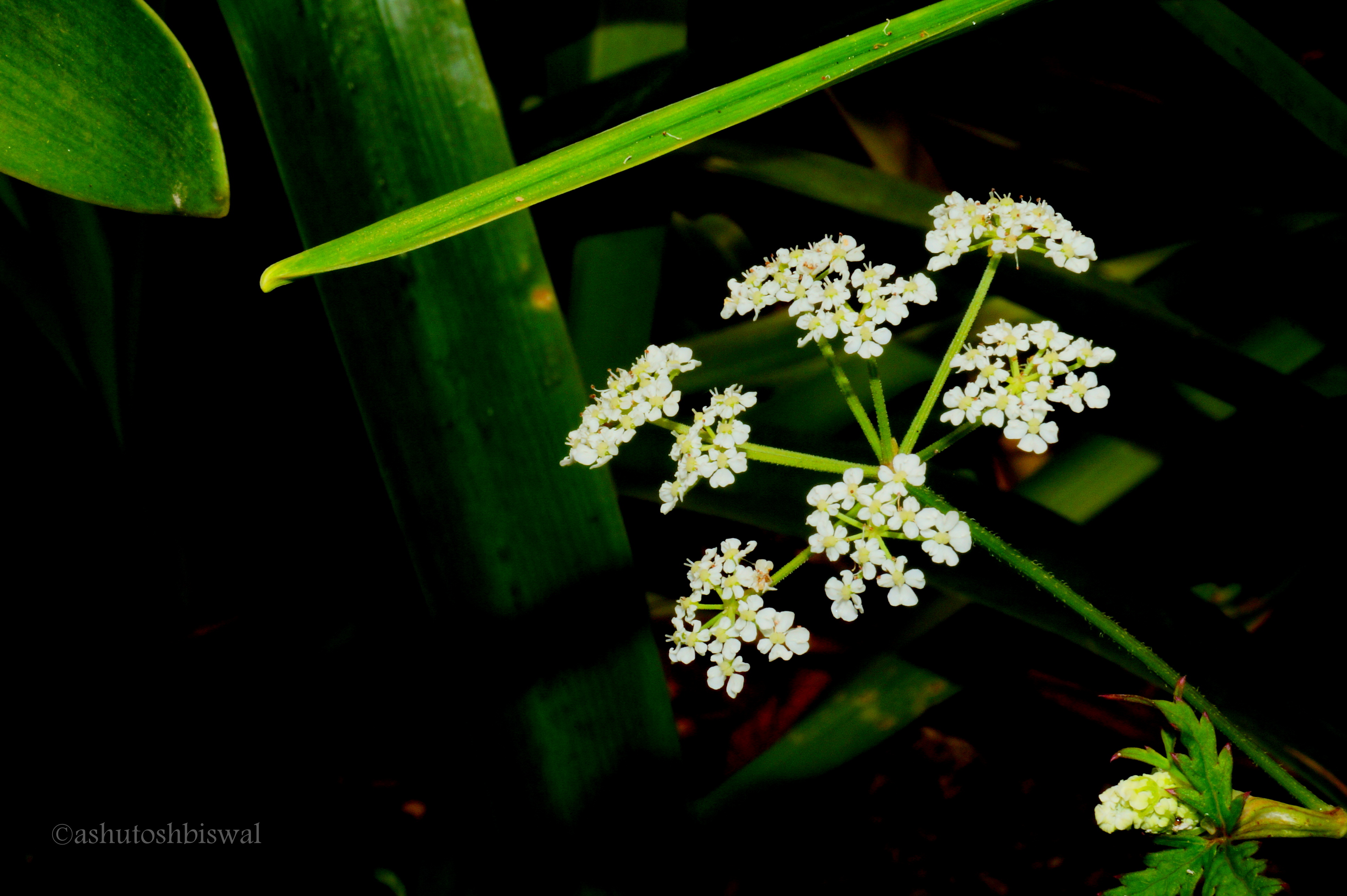
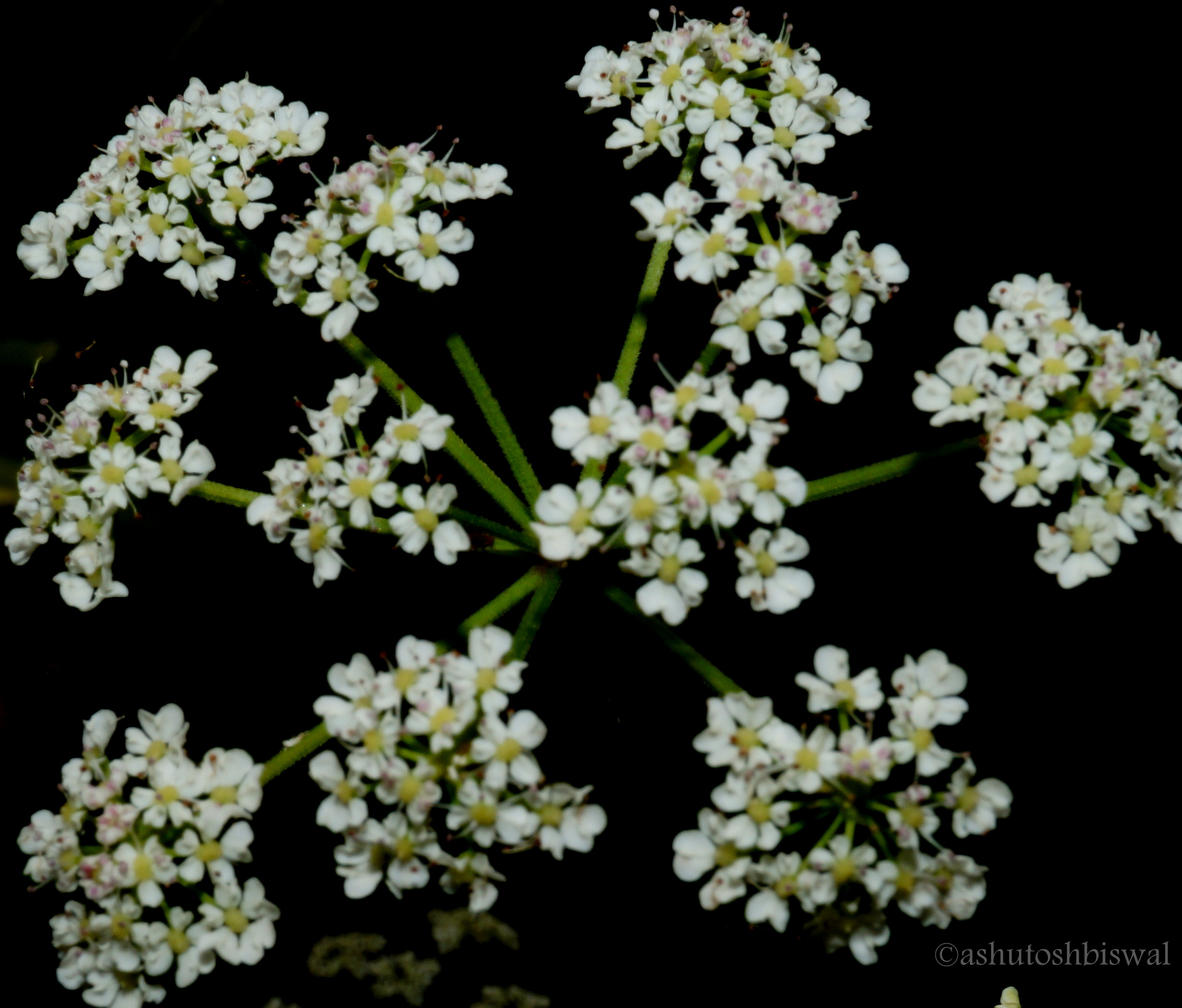

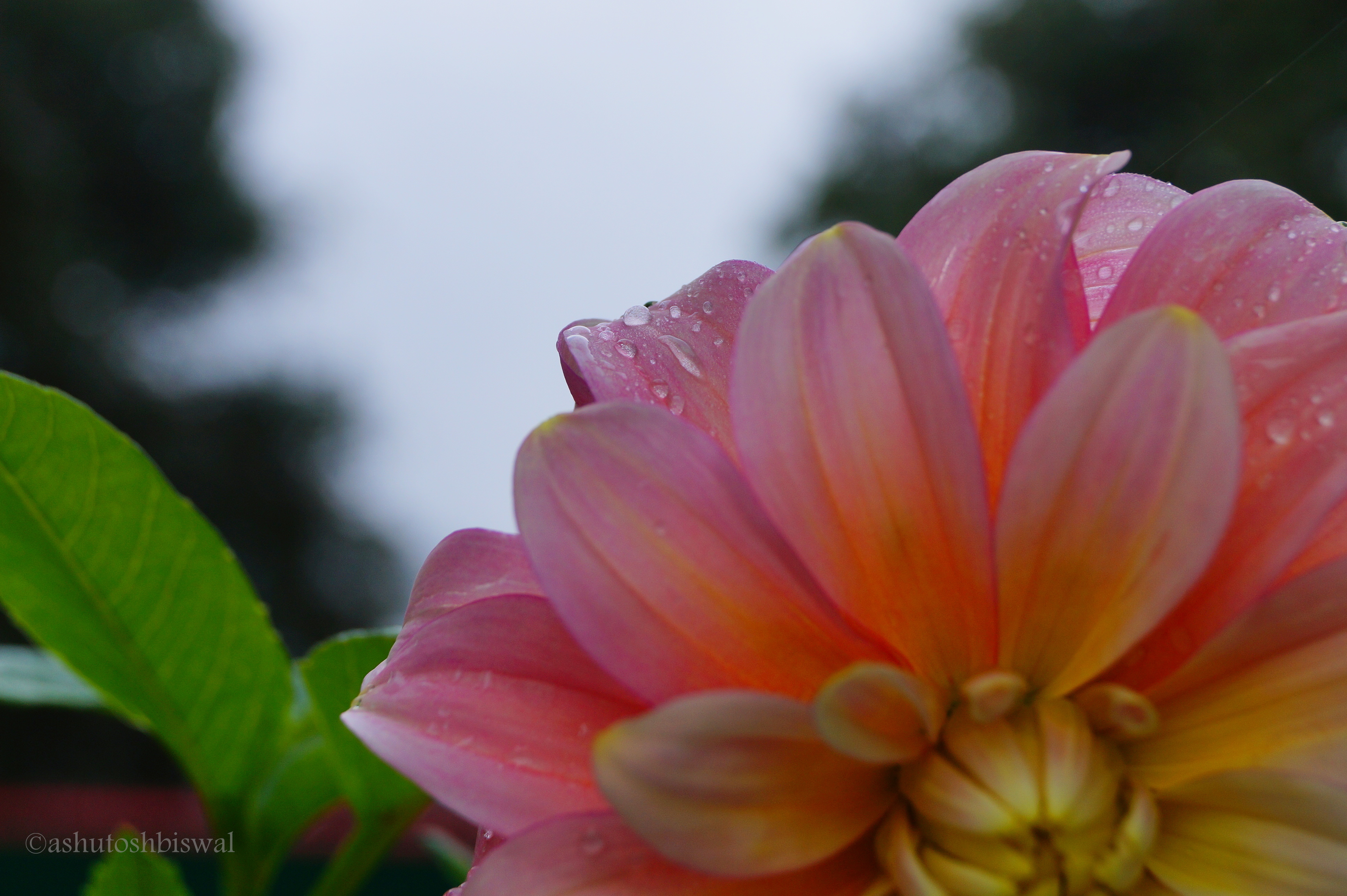
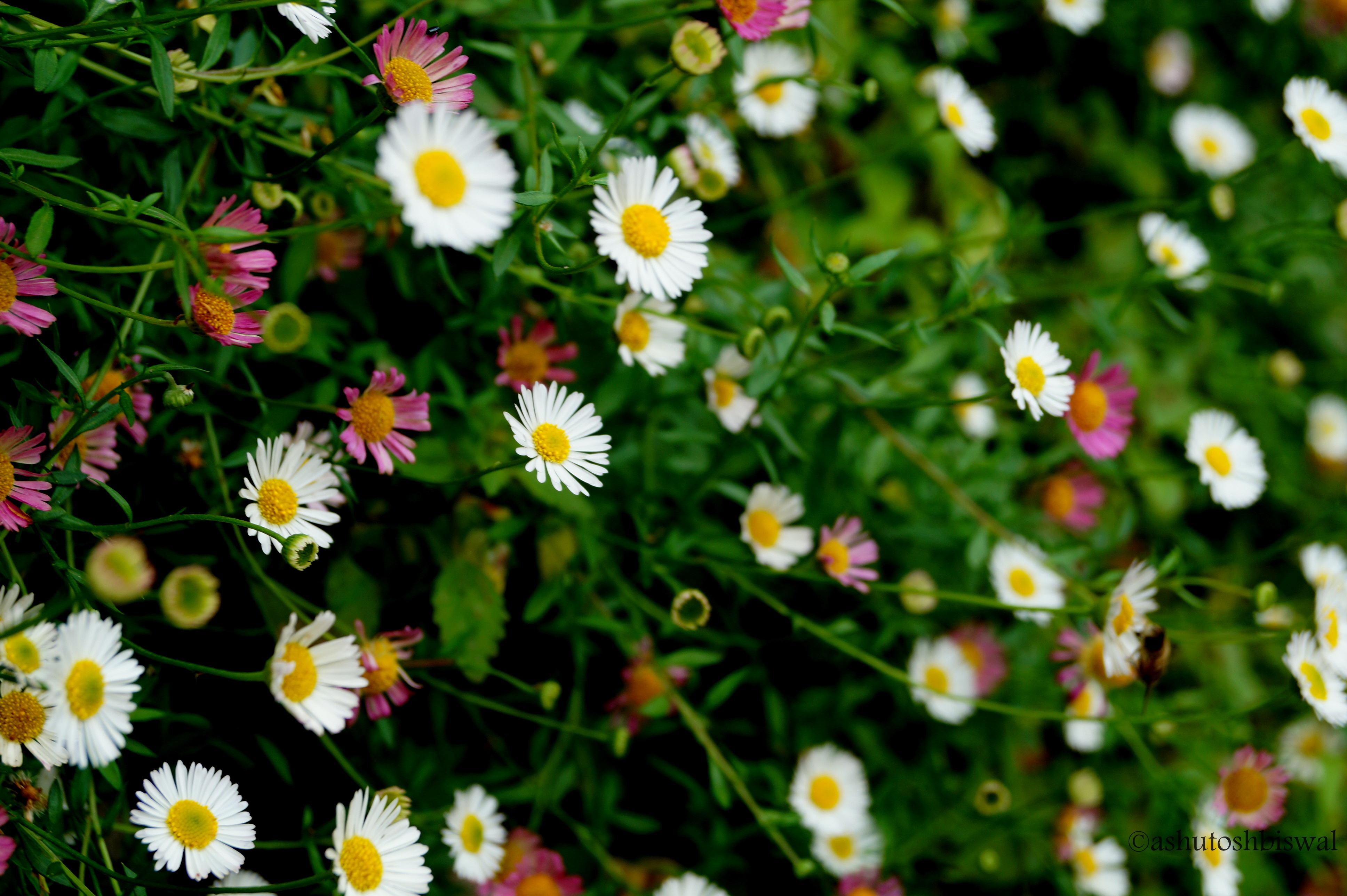
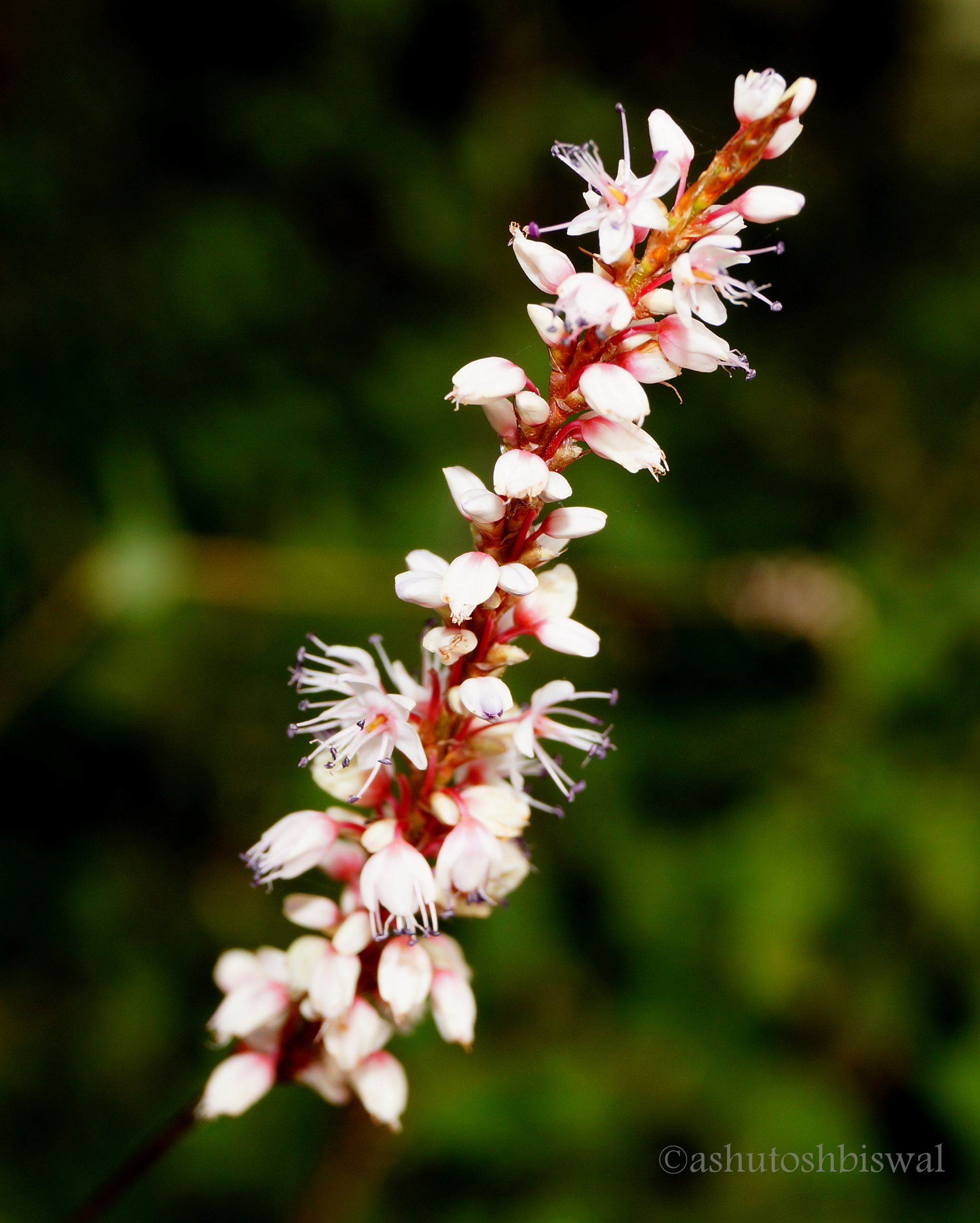
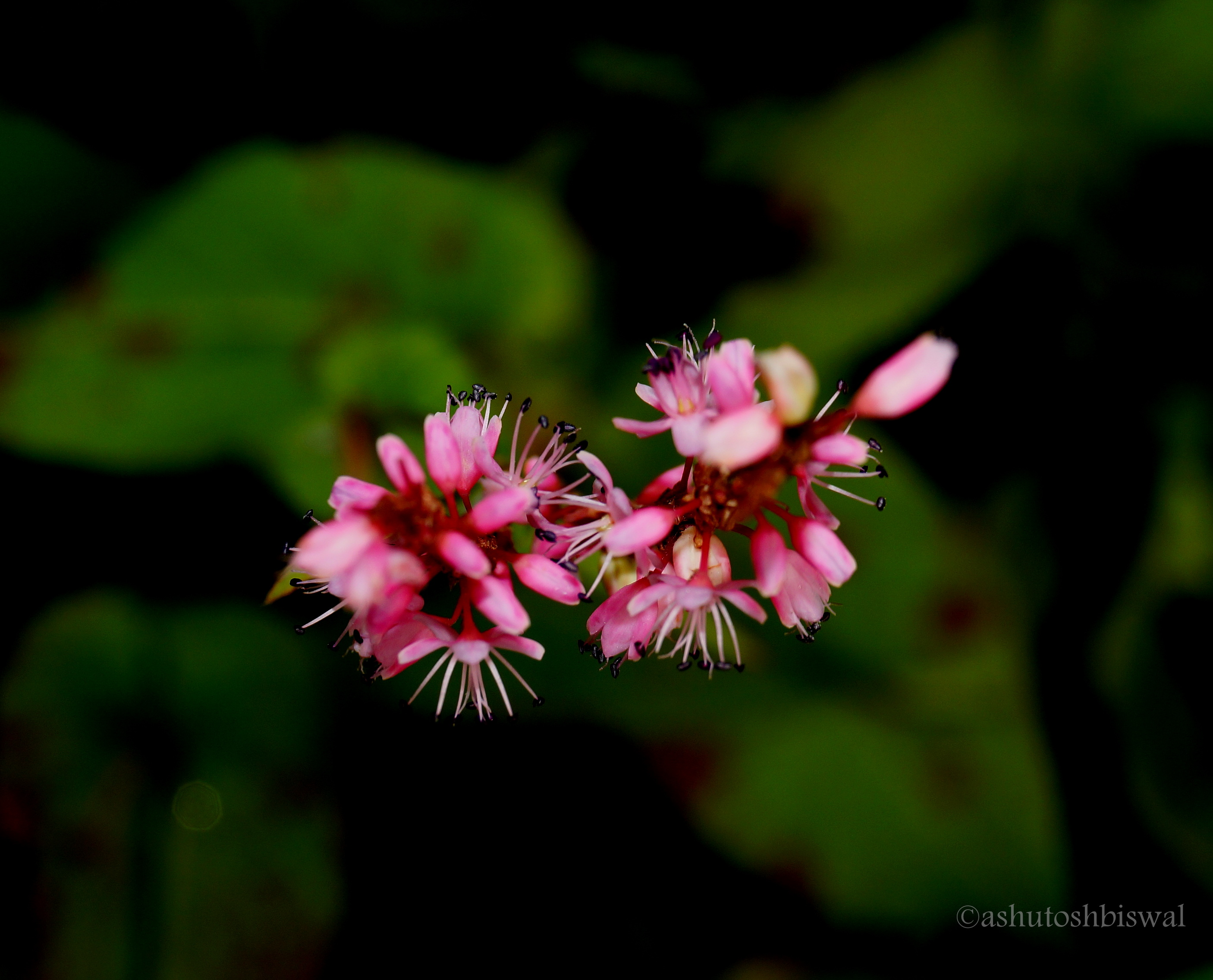


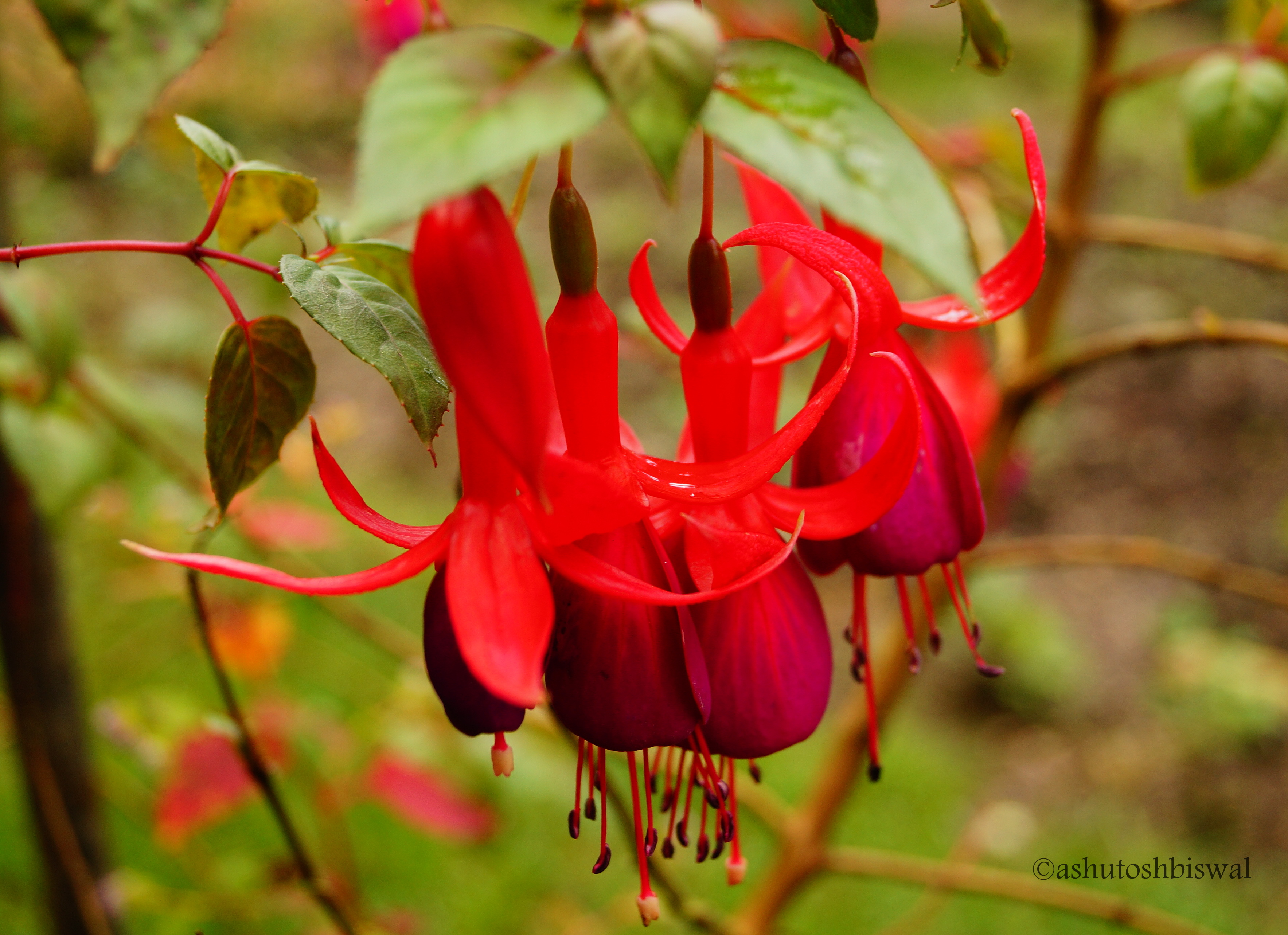



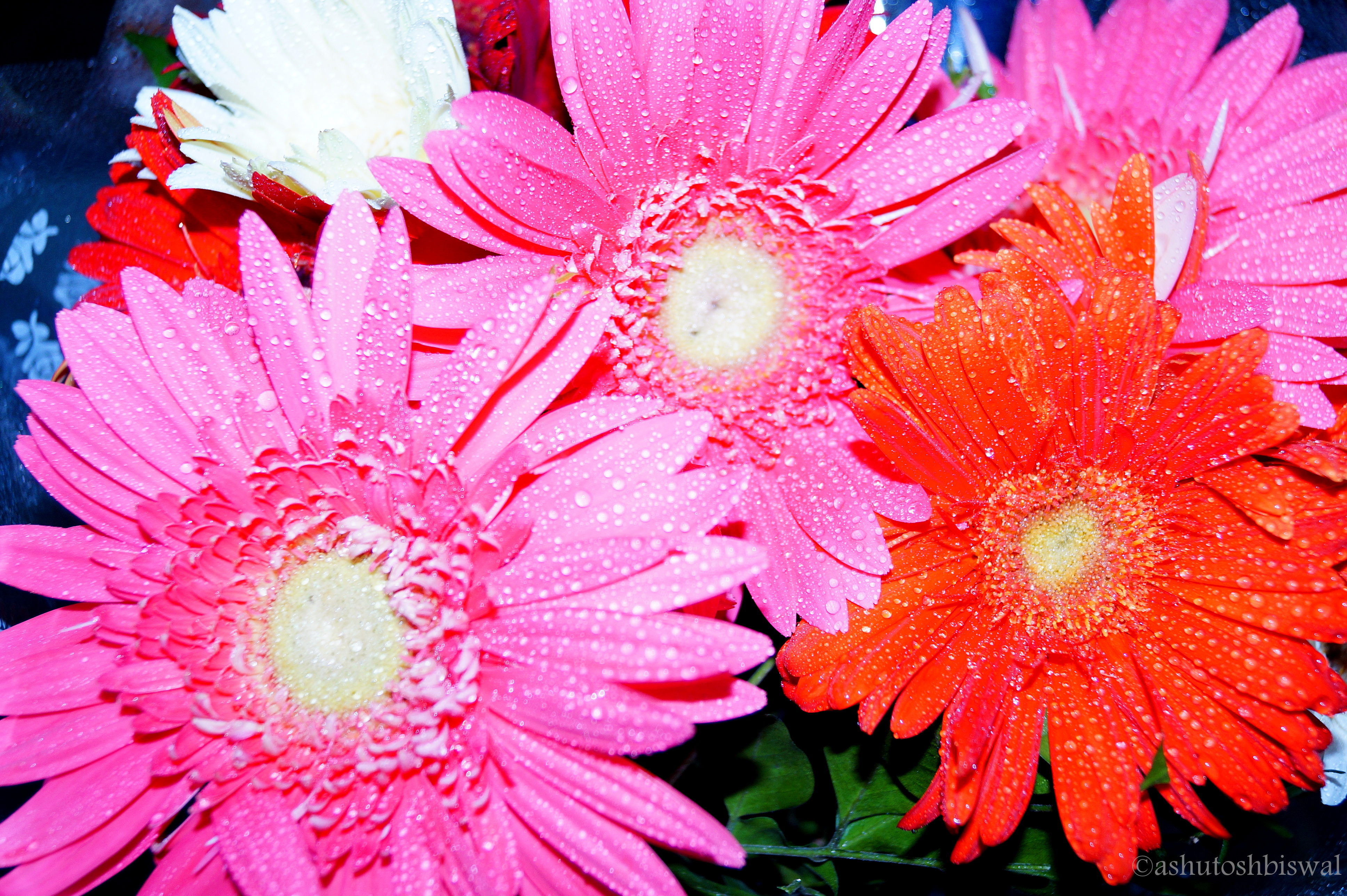
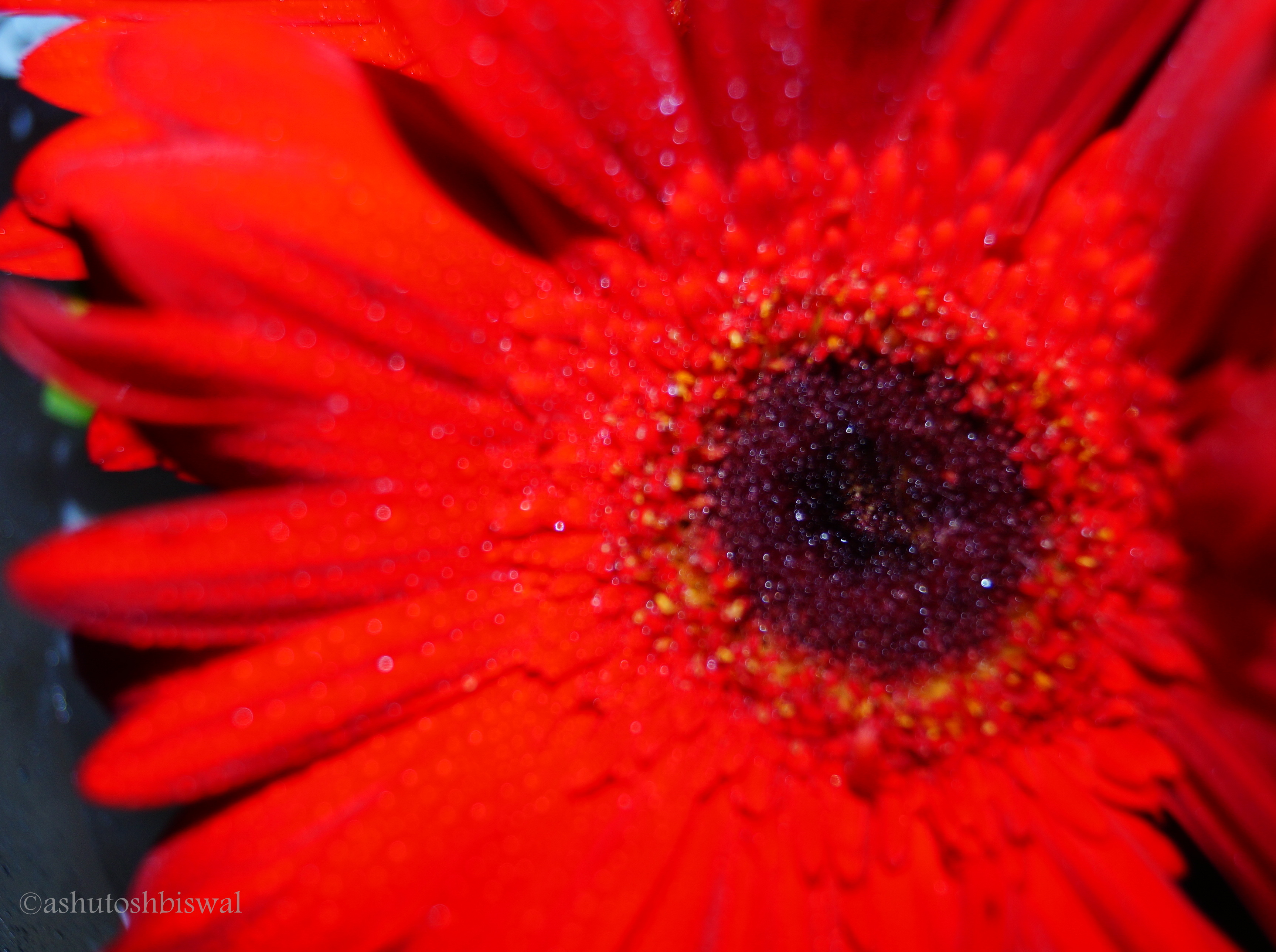
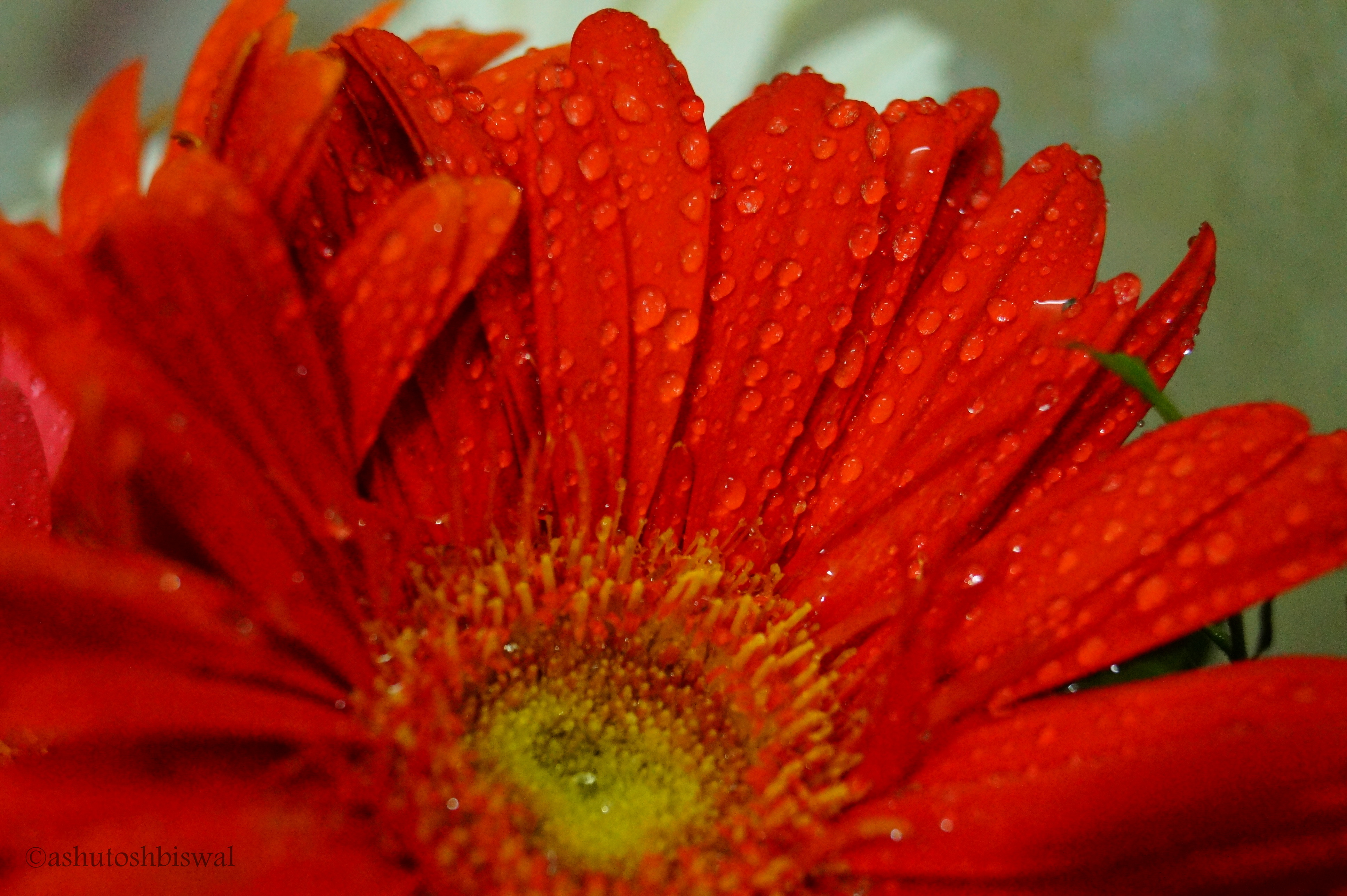
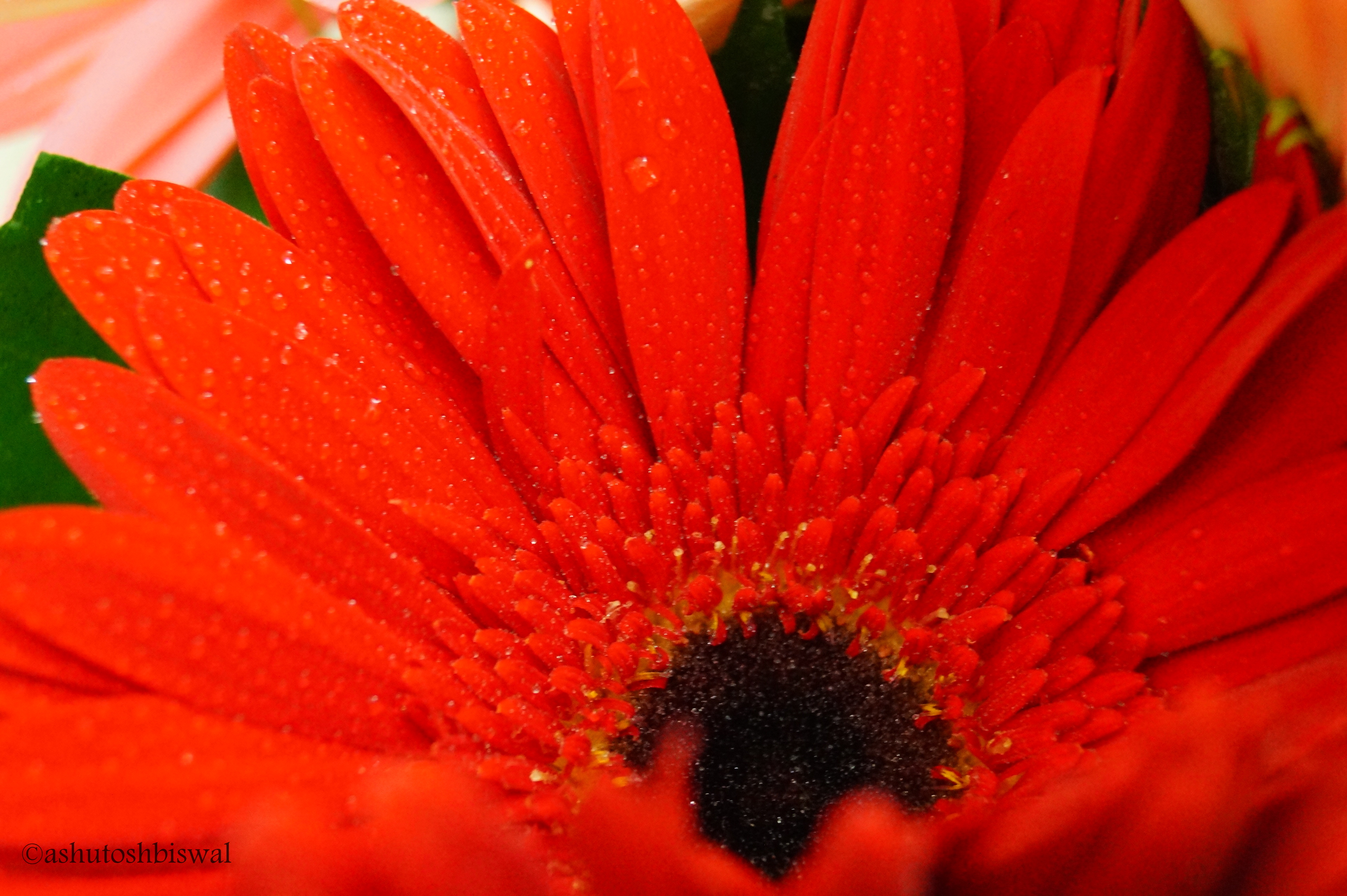

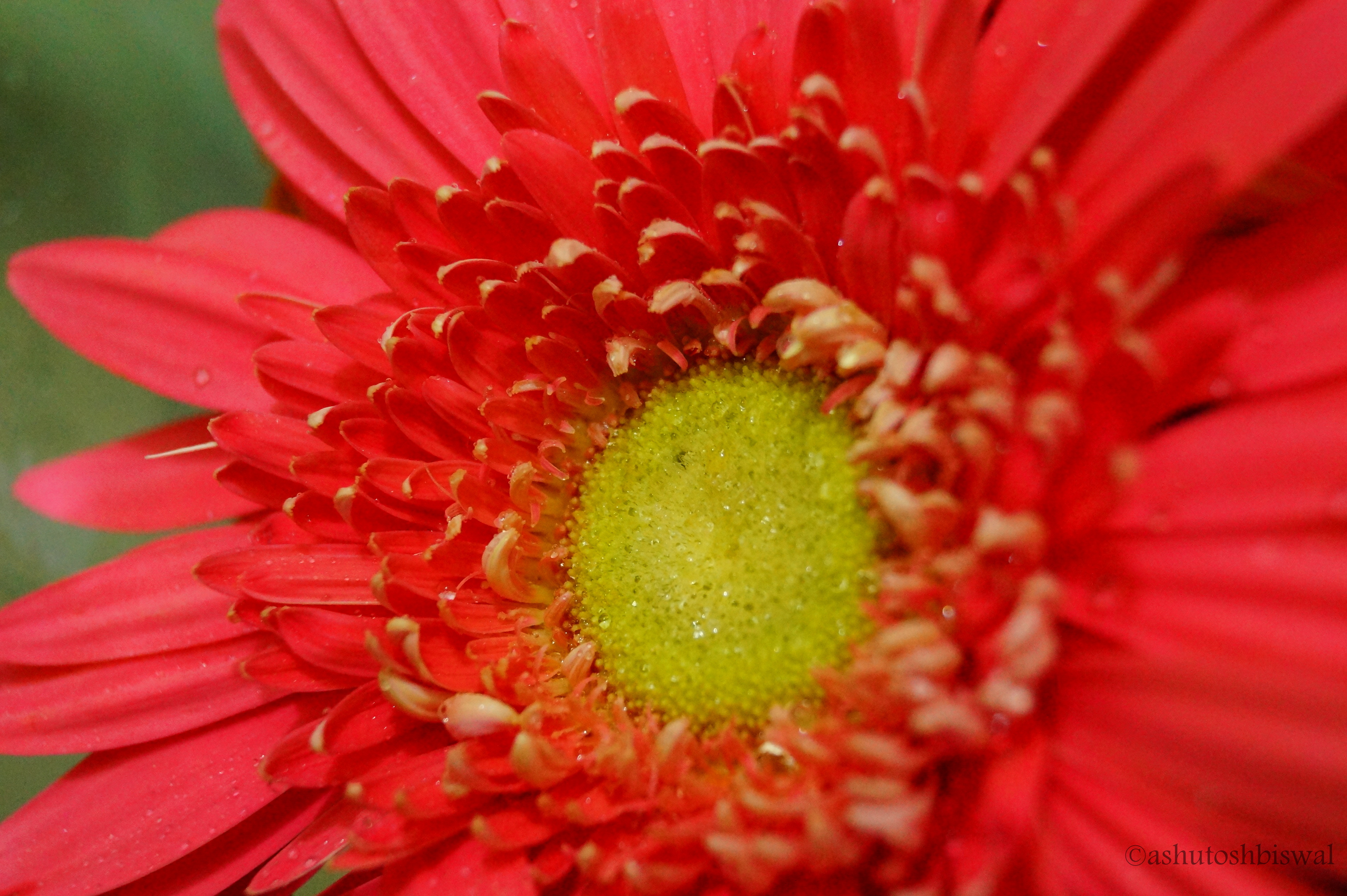
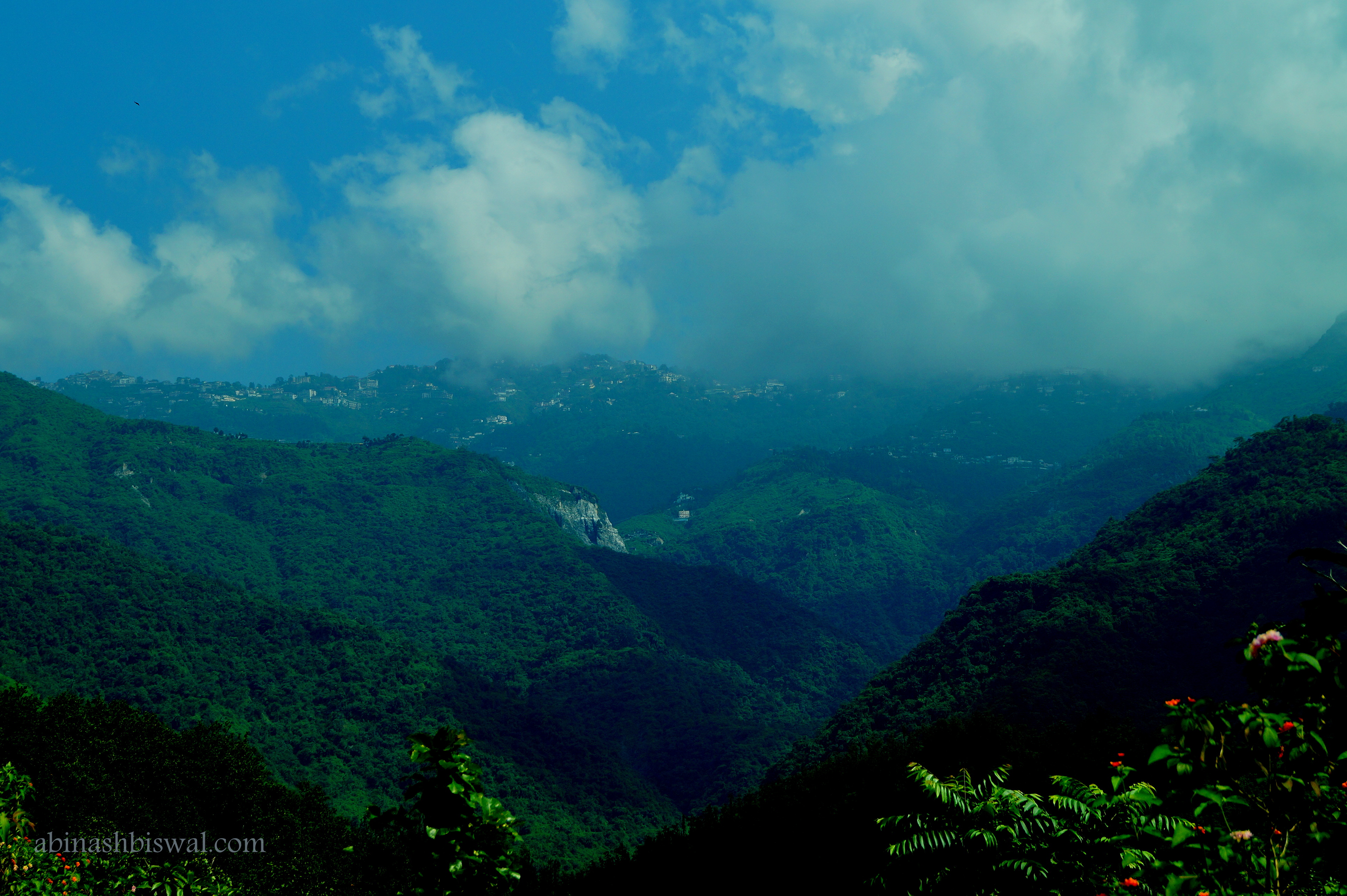
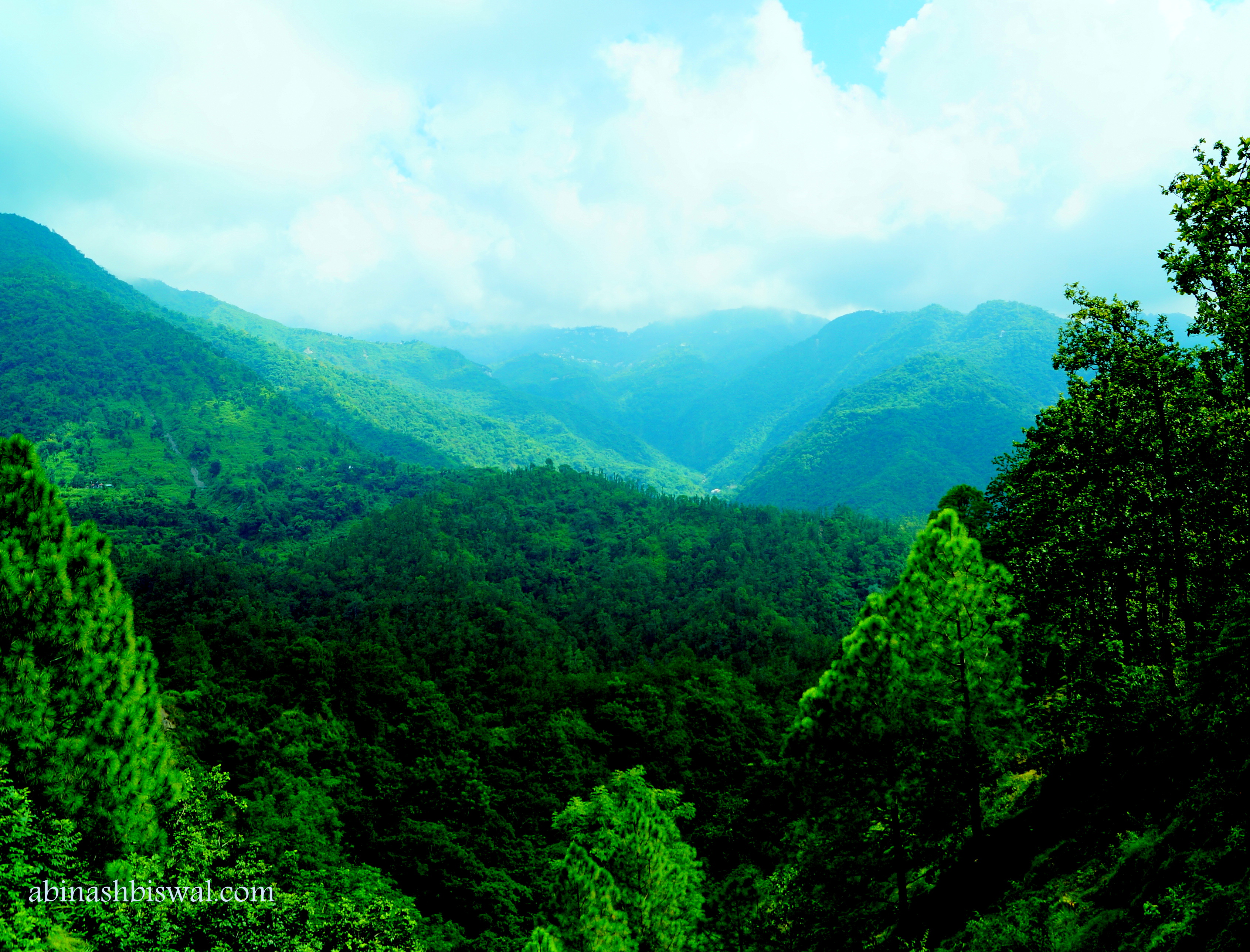
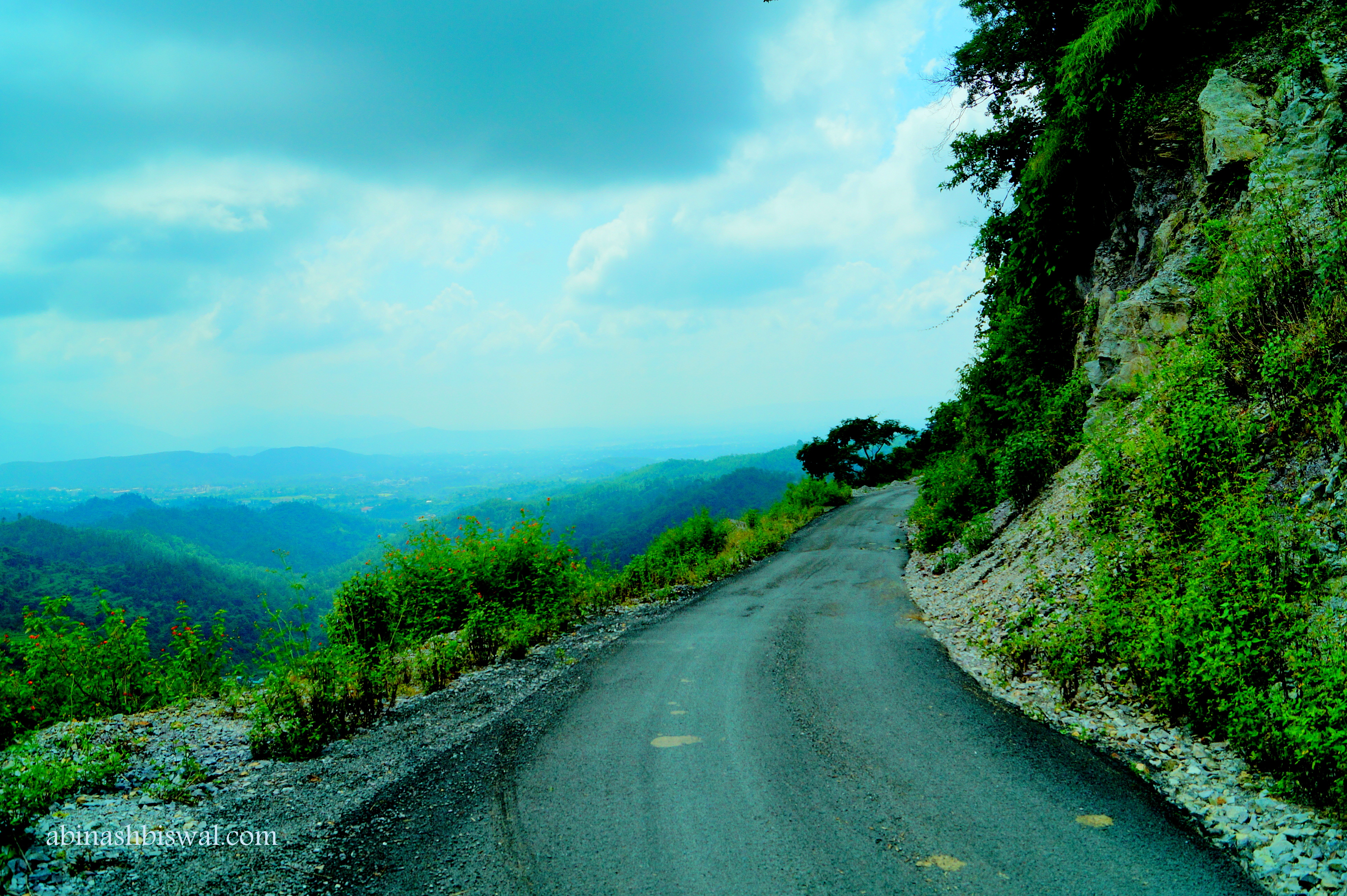
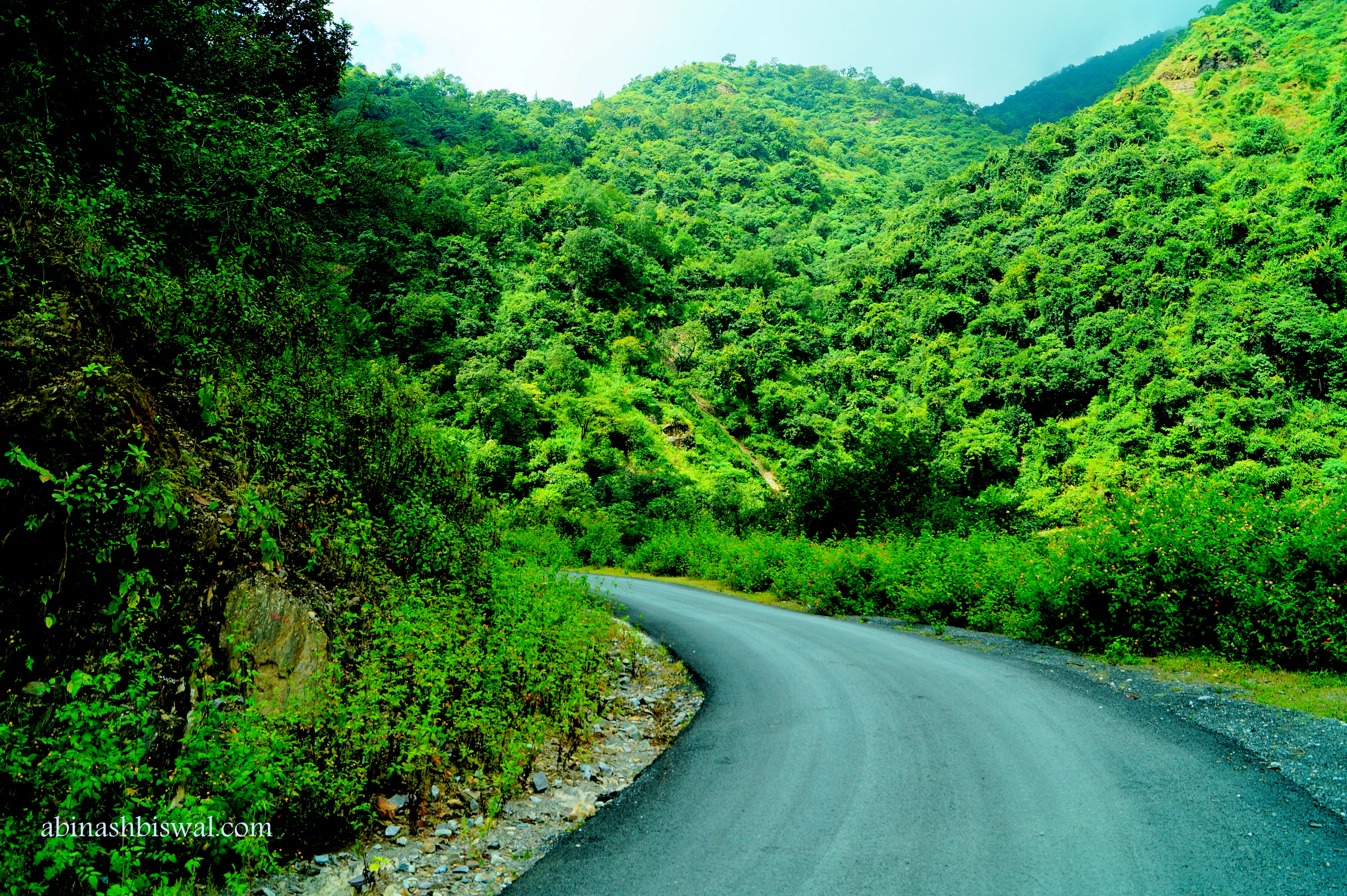
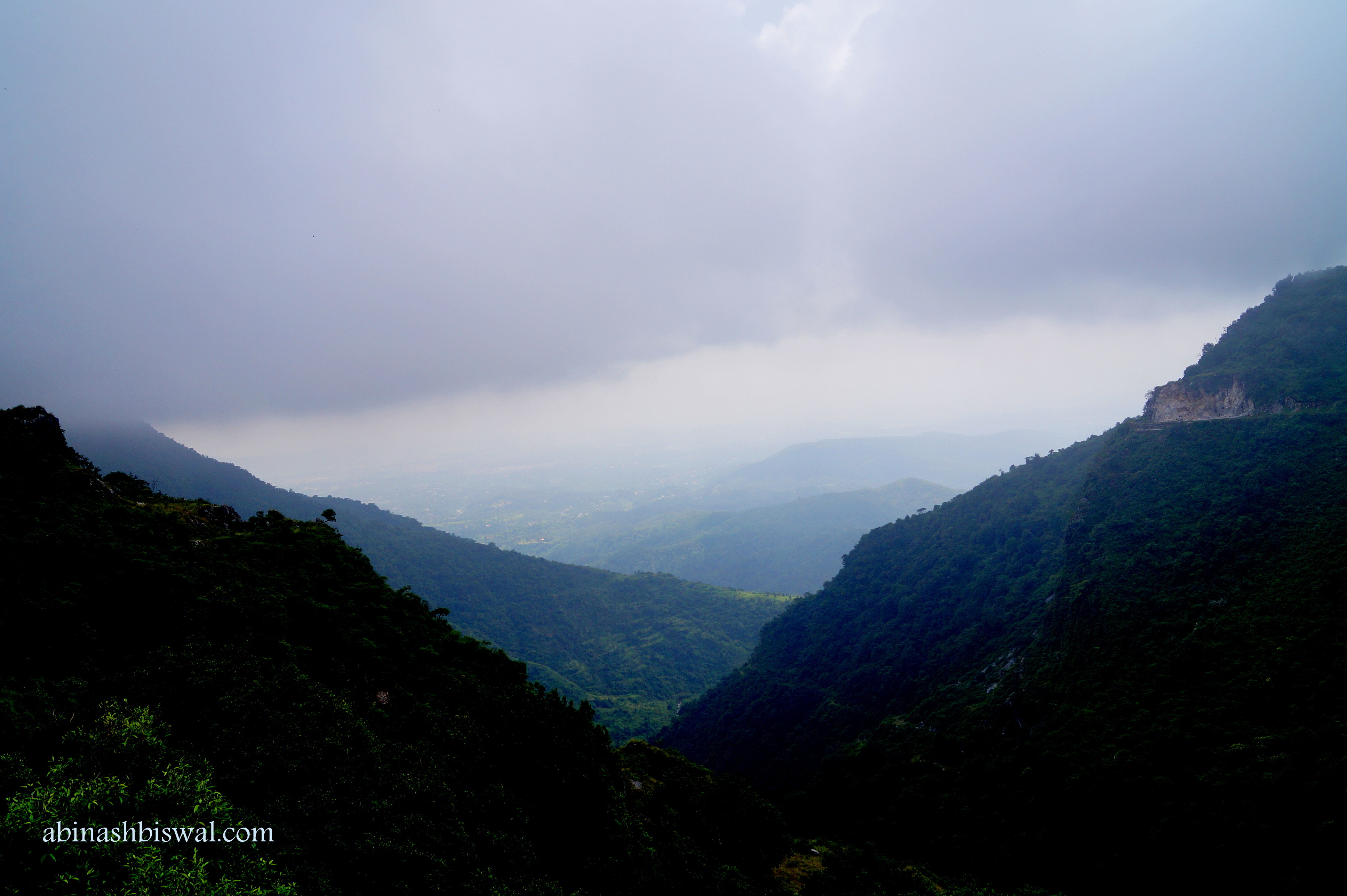
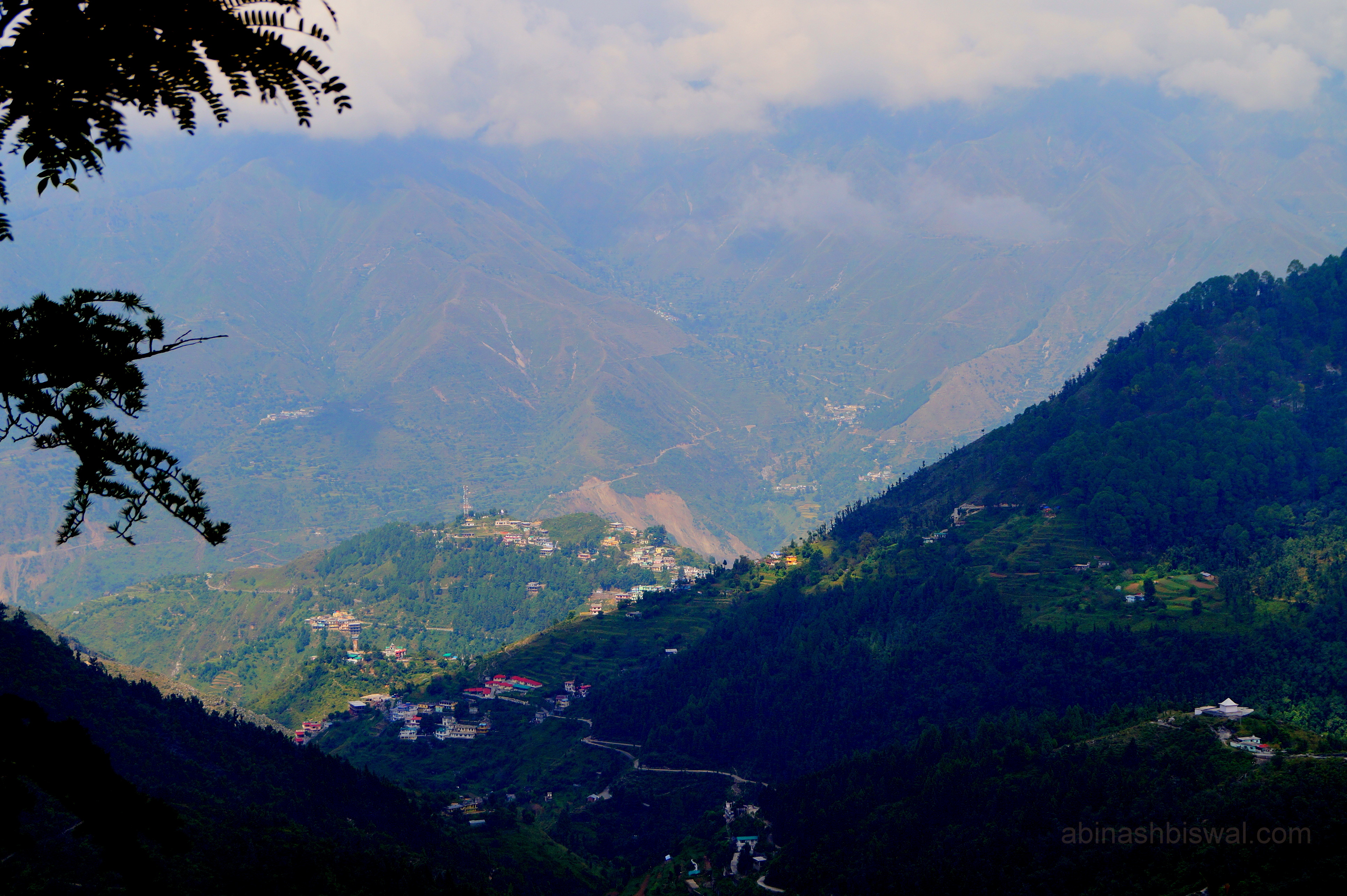
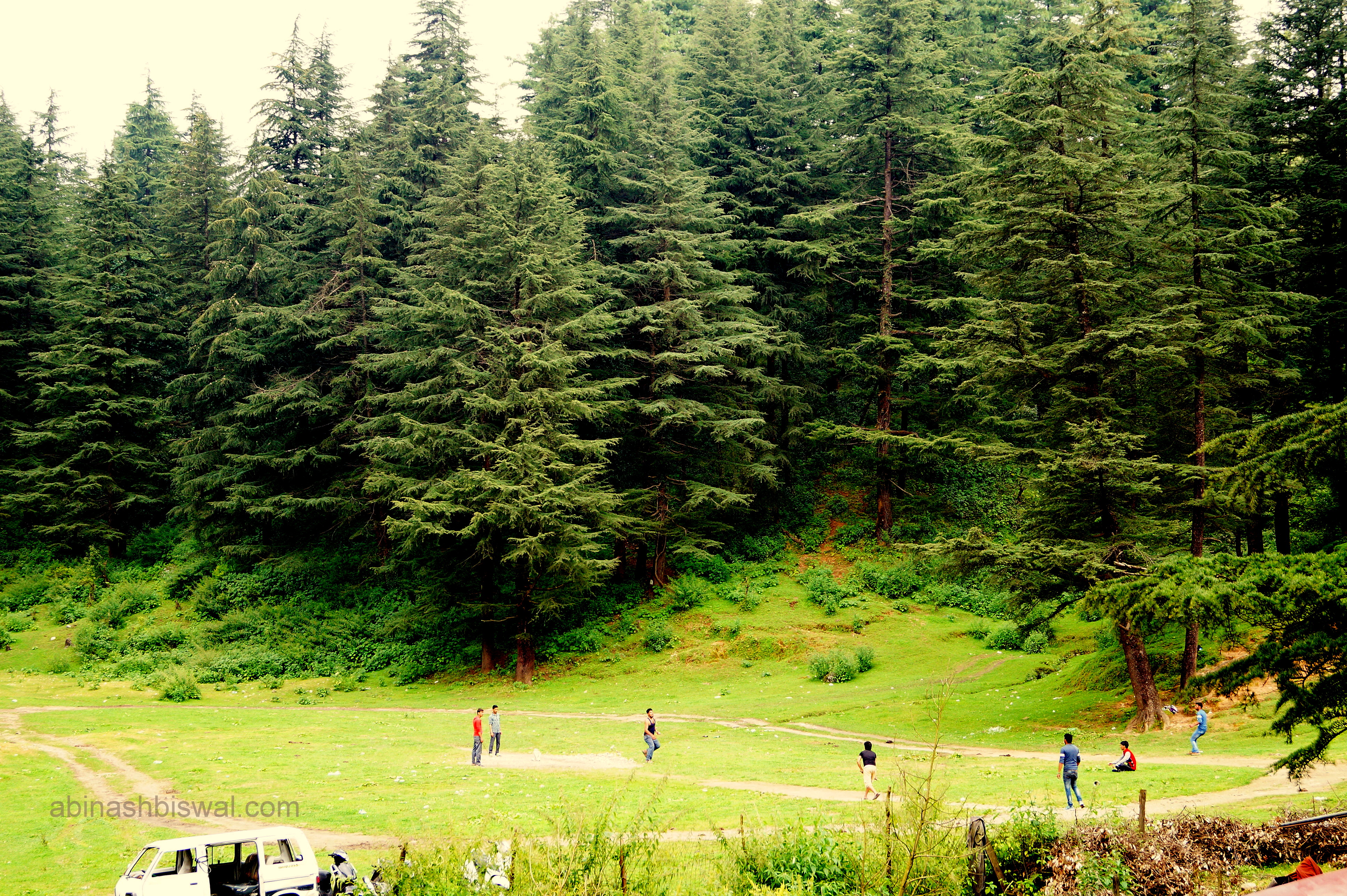
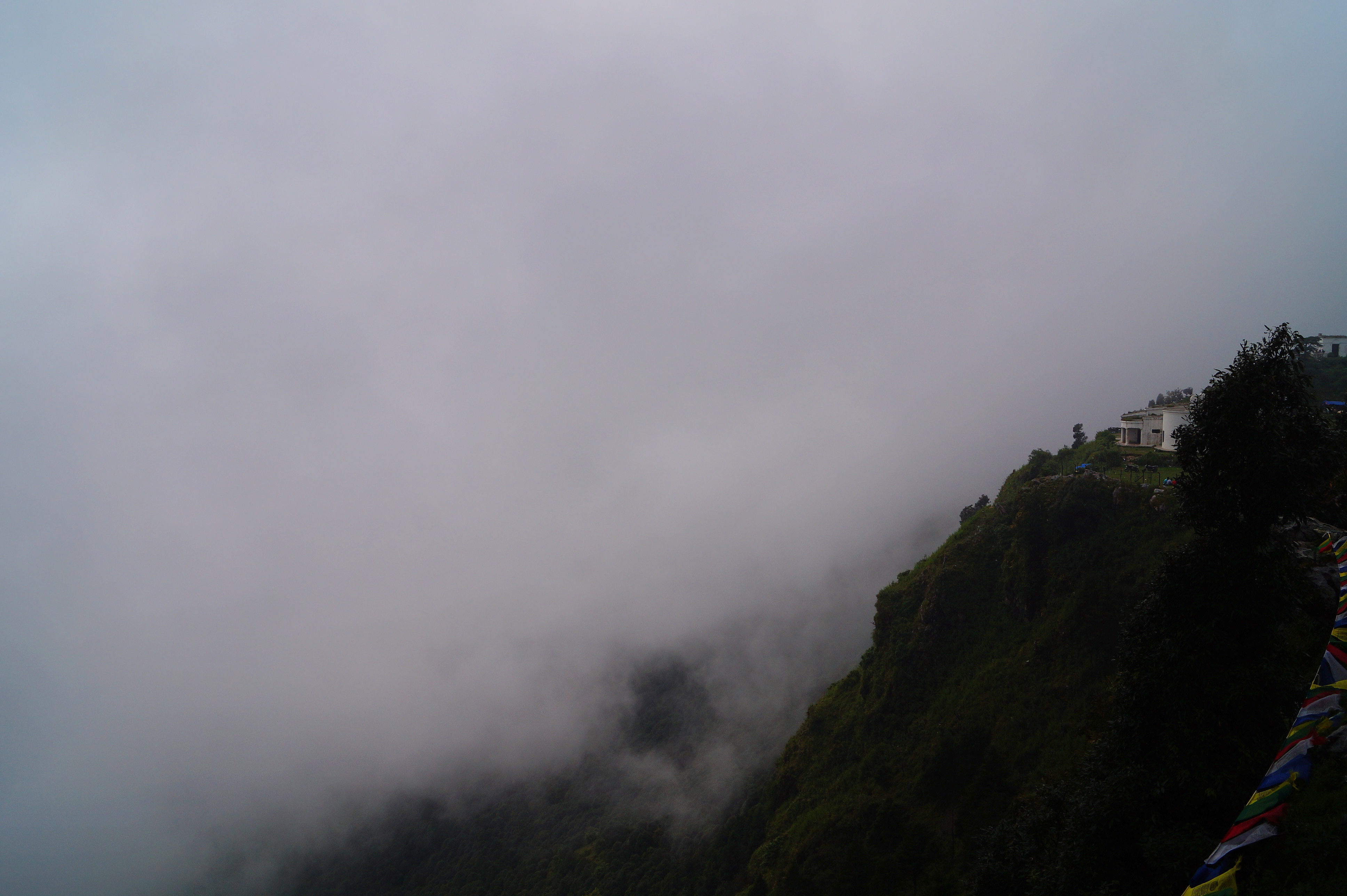
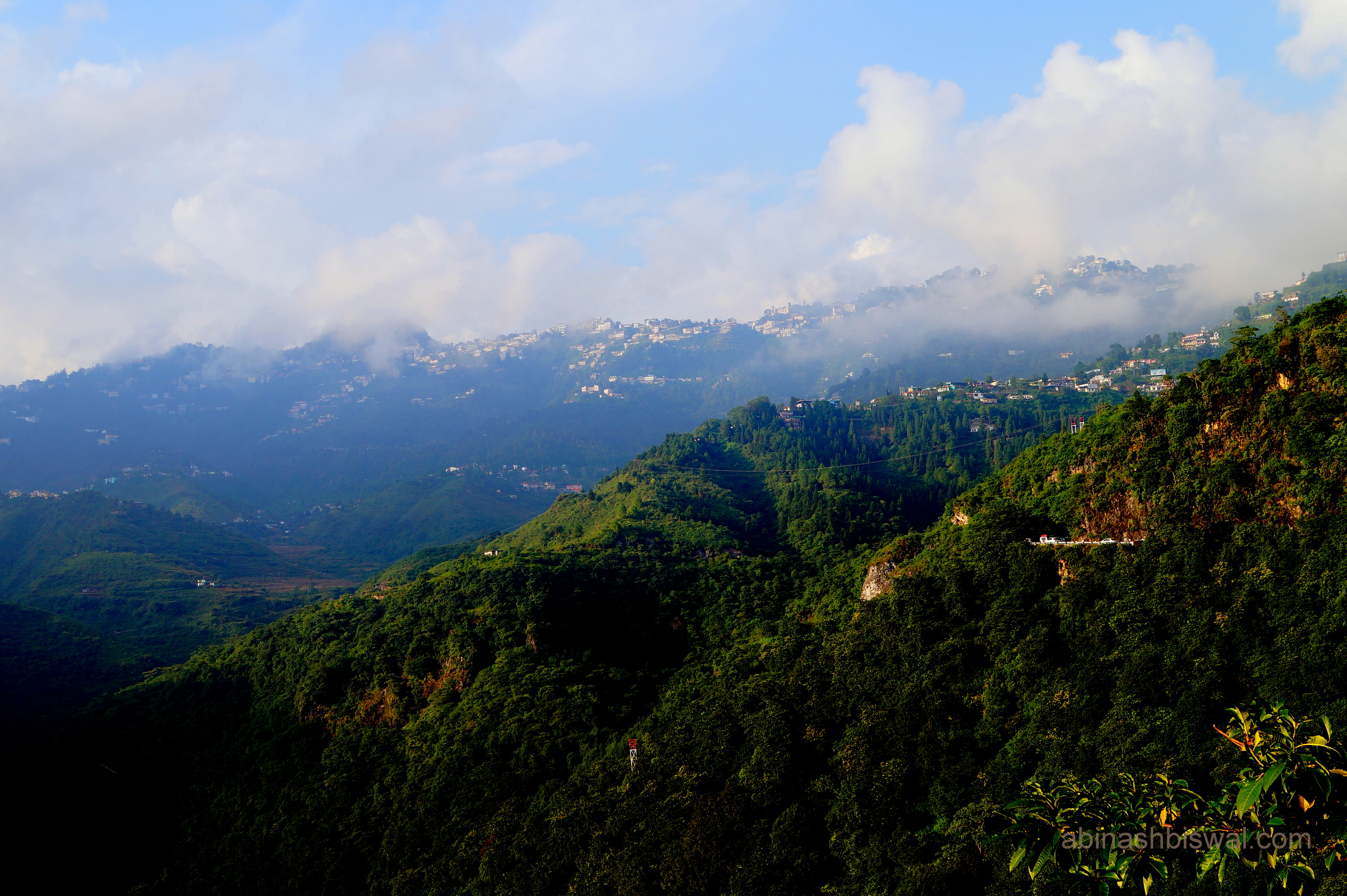
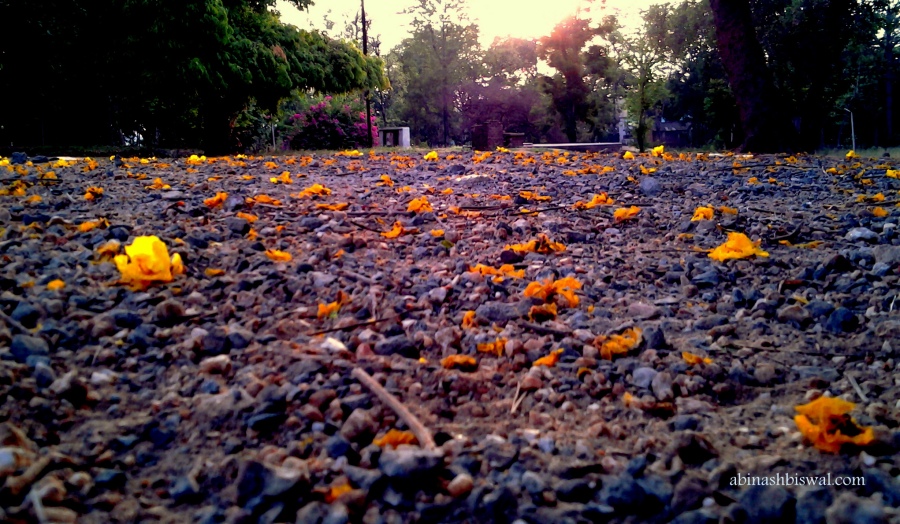
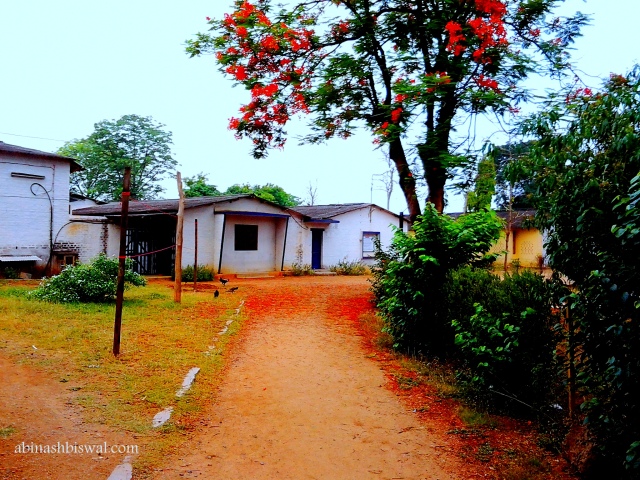
 Organizations have come up to work in this area of disability, focusing on the right based and empowerment approach. In rural areas a few well informed NGOs are trying to strengthen the rural institutions and helping in forming disability people groups in order to work for their rights. The Government is also increasingly coming up with policies but the implementation is still dependent upon the mercies of the officials.
Organizations have come up to work in this area of disability, focusing on the right based and empowerment approach. In rural areas a few well informed NGOs are trying to strengthen the rural institutions and helping in forming disability people groups in order to work for their rights. The Government is also increasingly coming up with policies but the implementation is still dependent upon the mercies of the officials.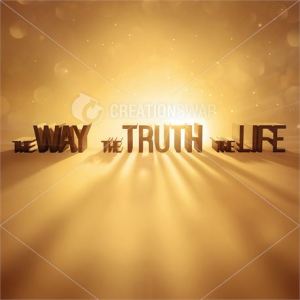
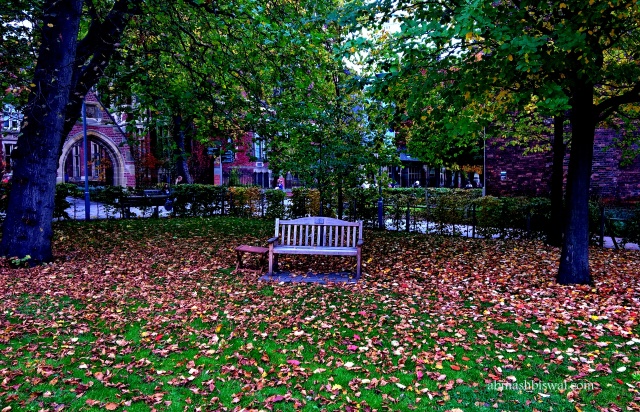
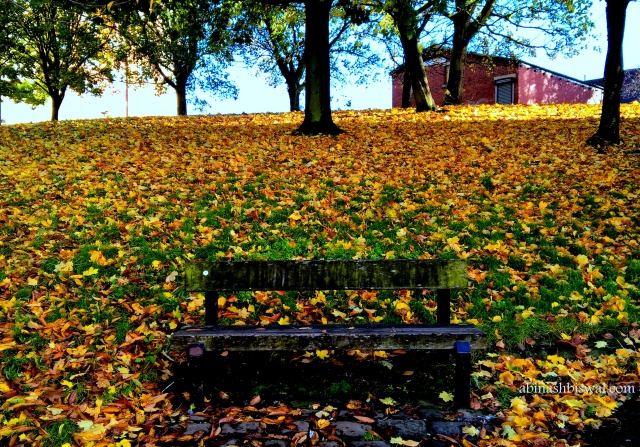


 While china has been producing large amounts of fake goods, India has been involved in the production of fake pharmaceuticals. This is a pattern of Eastern/southern and western/northern production and supply linkage between larger corporations and local factory owners which have fuelled the production and selling of fakes in the countries of production and other developing countries. The extreme nature of these crimes are, for example, 192,000 deaths in China during 2001 due to counterfeit medical products which eventually closed down 1300 factories. Large amounts of sales of lifestyle drugs such as Viagra and steroids in western markets and even drugs for serious diseases like HIV and malaria have been flooded in developing countries.
While china has been producing large amounts of fake goods, India has been involved in the production of fake pharmaceuticals. This is a pattern of Eastern/southern and western/northern production and supply linkage between larger corporations and local factory owners which have fuelled the production and selling of fakes in the countries of production and other developing countries. The extreme nature of these crimes are, for example, 192,000 deaths in China during 2001 due to counterfeit medical products which eventually closed down 1300 factories. Large amounts of sales of lifestyle drugs such as Viagra and steroids in western markets and even drugs for serious diseases like HIV and malaria have been flooded in developing countries. developing countries to hide their money. It has been found that these western banks even approach foreigners to make arrangements for the transaction by providing them examples of other customers (Baker, 1999). They even provide the contacts of overseas traders for their assistance to facilitate the process.
developing countries to hide their money. It has been found that these western banks even approach foreigners to make arrangements for the transaction by providing them examples of other customers (Baker, 1999). They even provide the contacts of overseas traders for their assistance to facilitate the process.